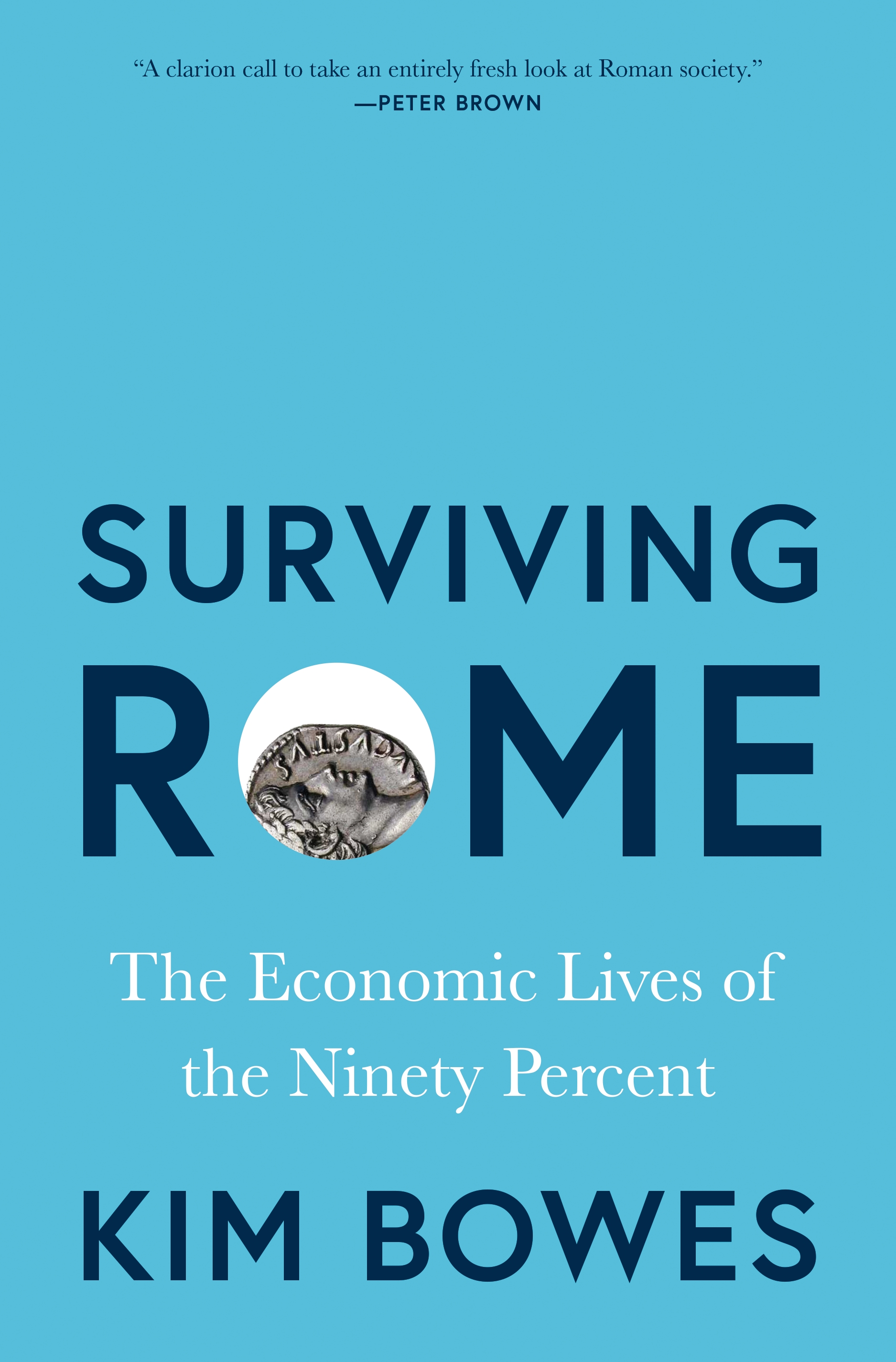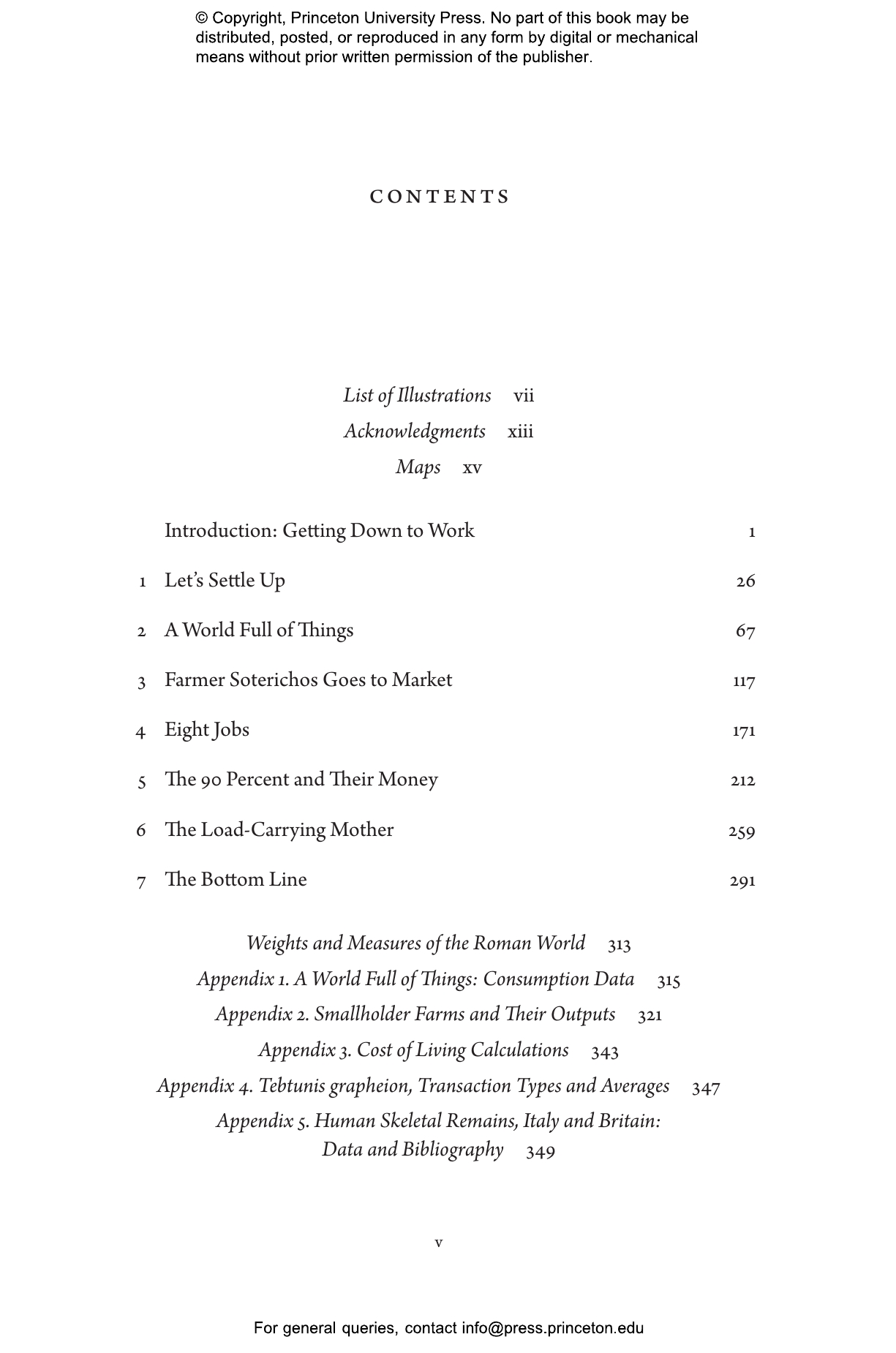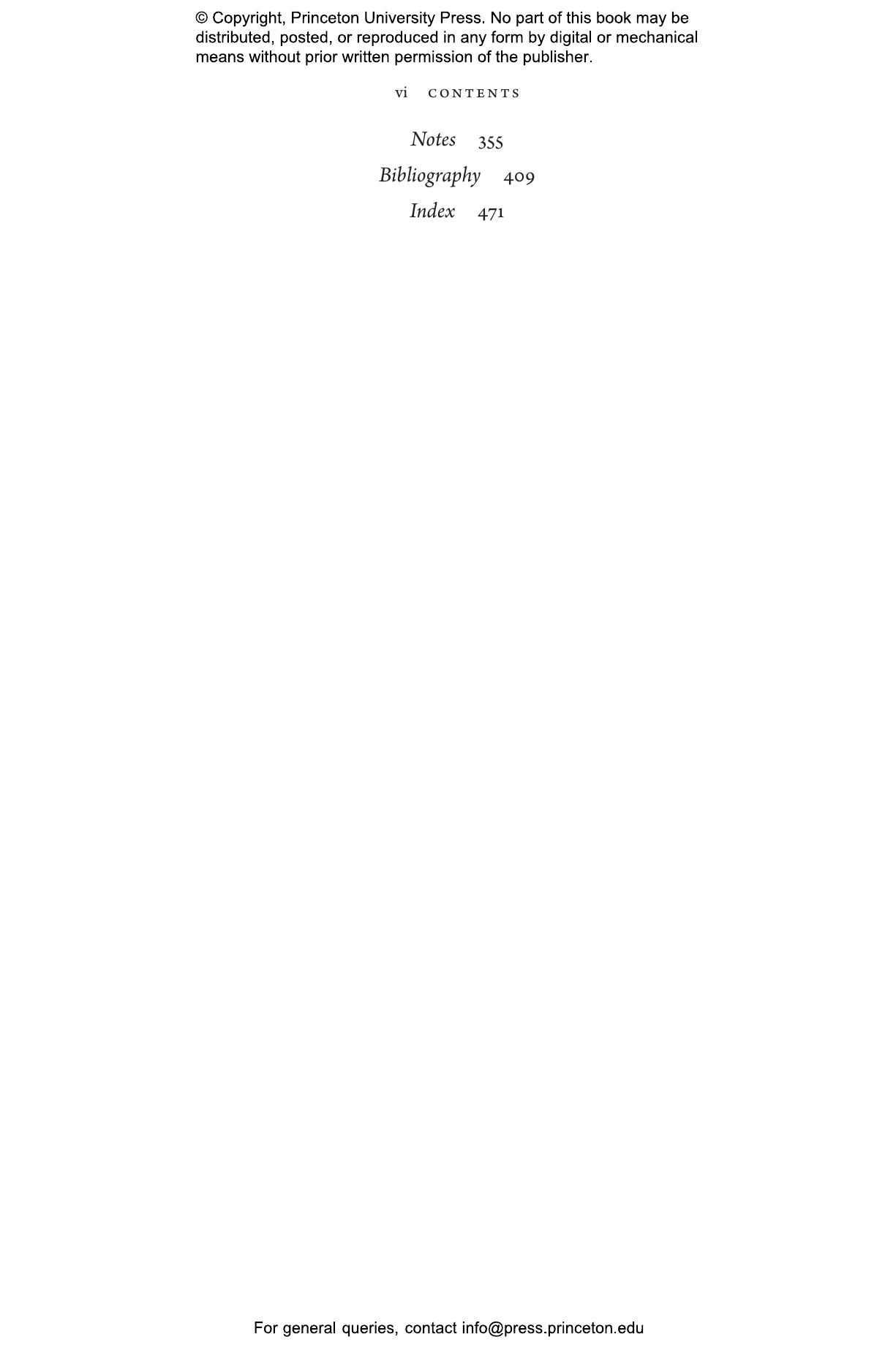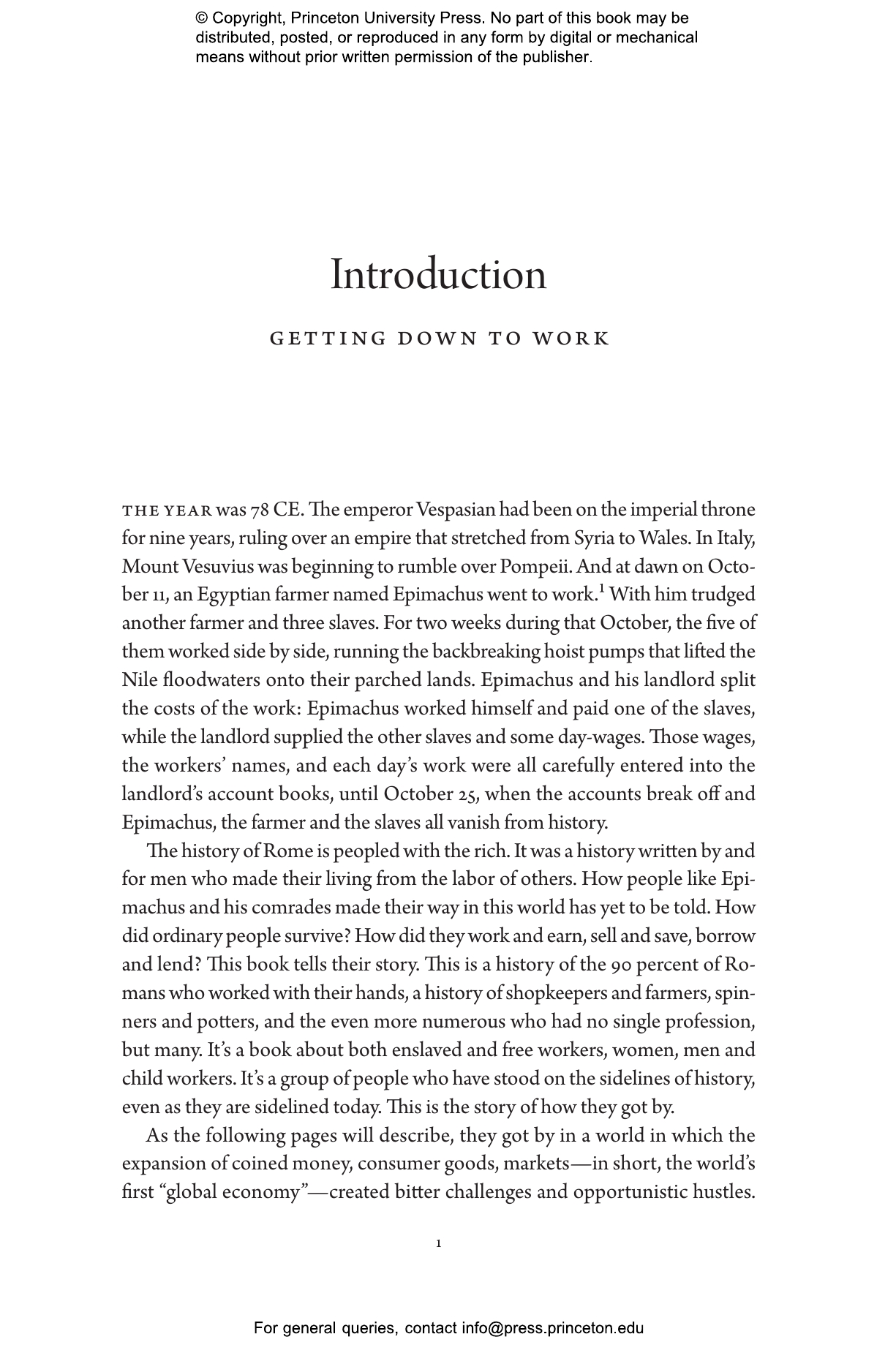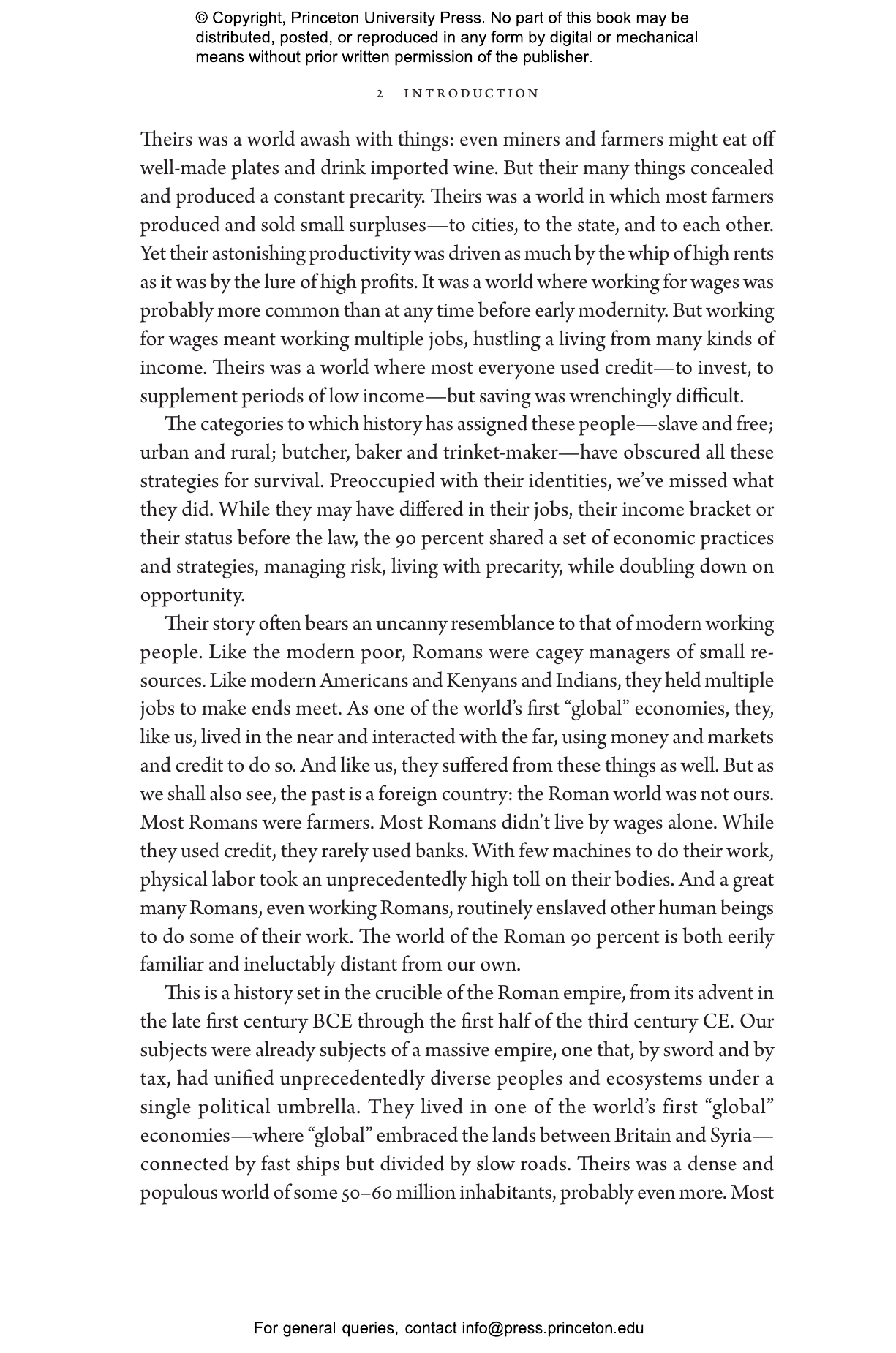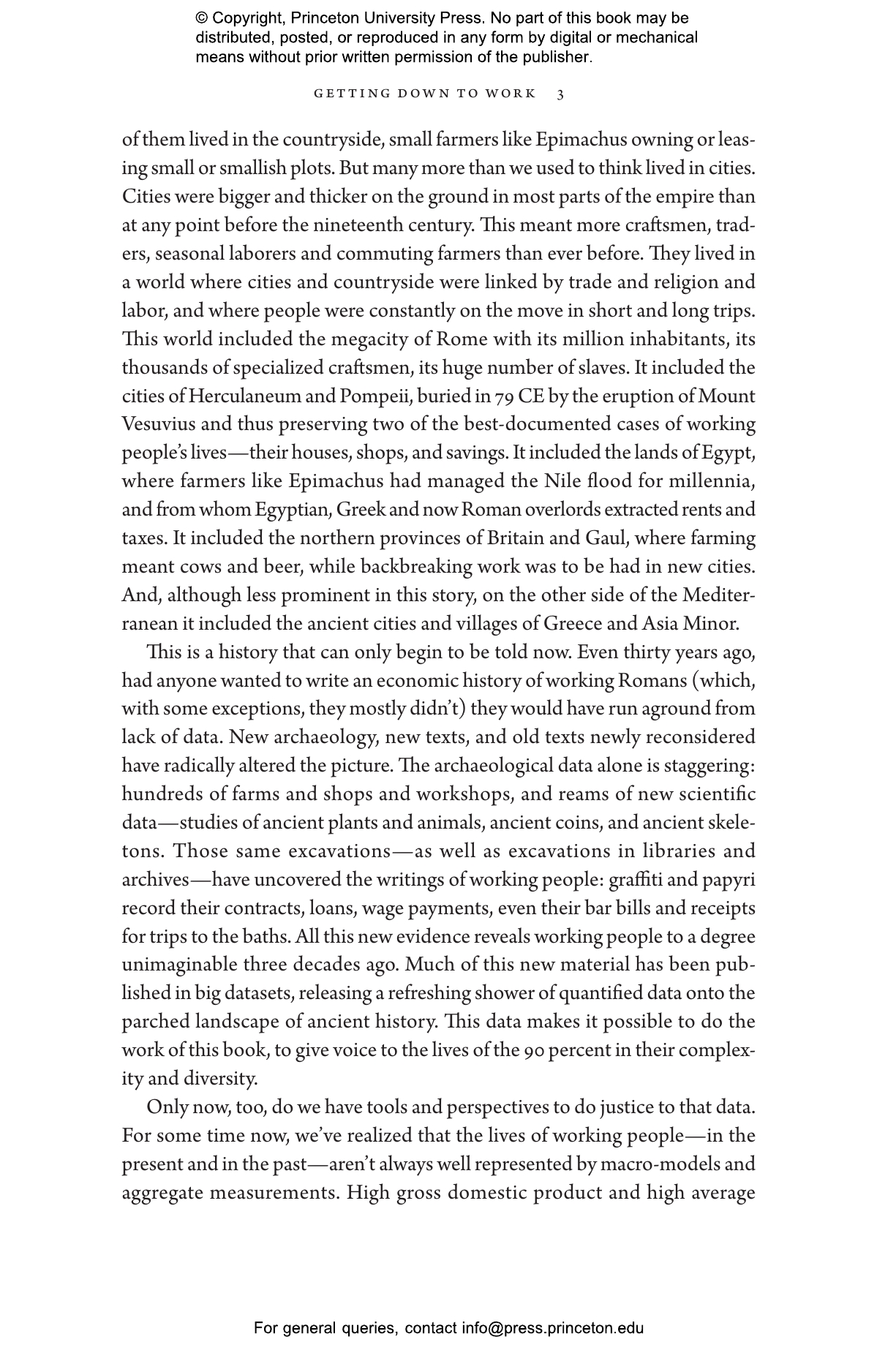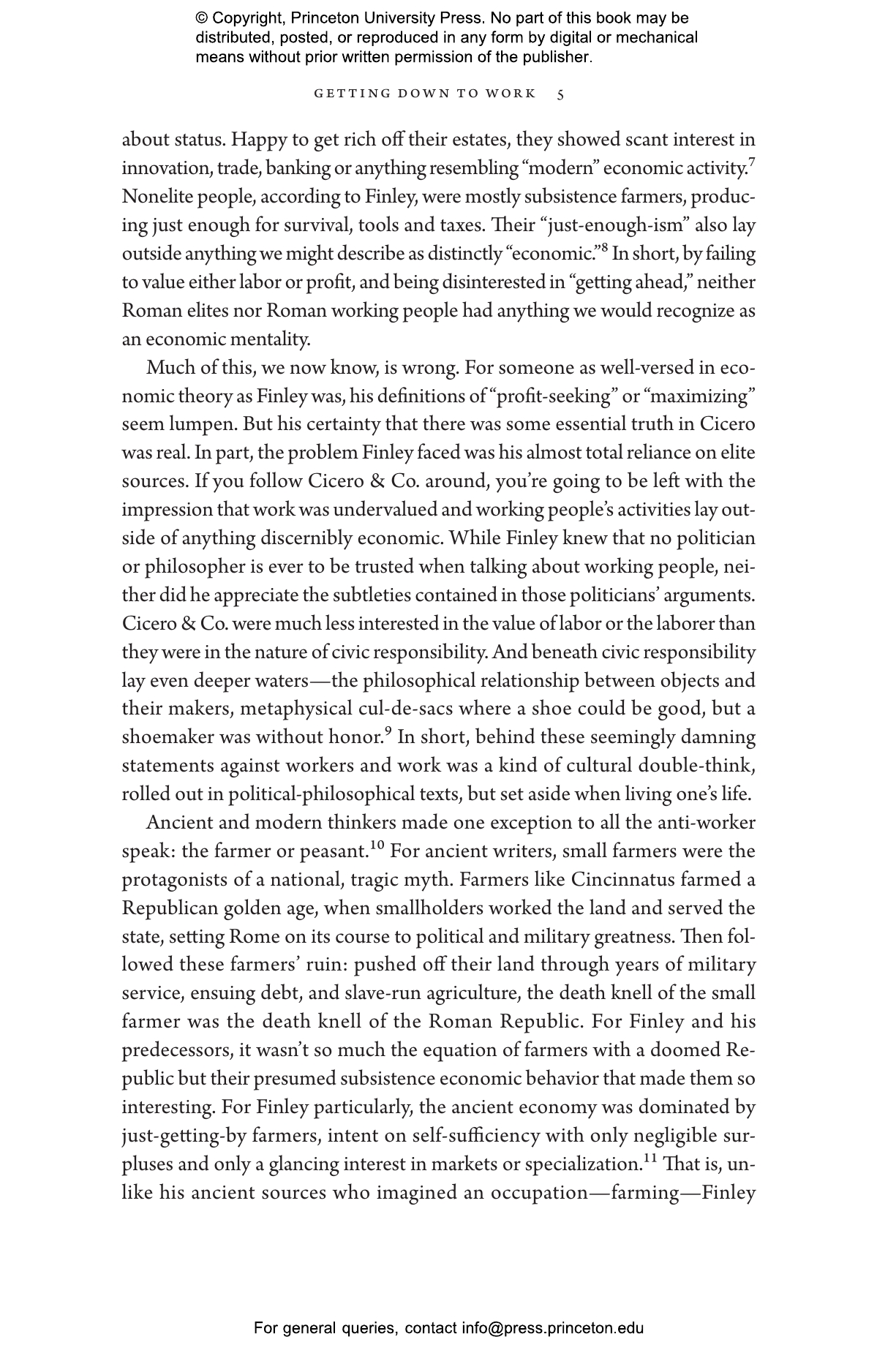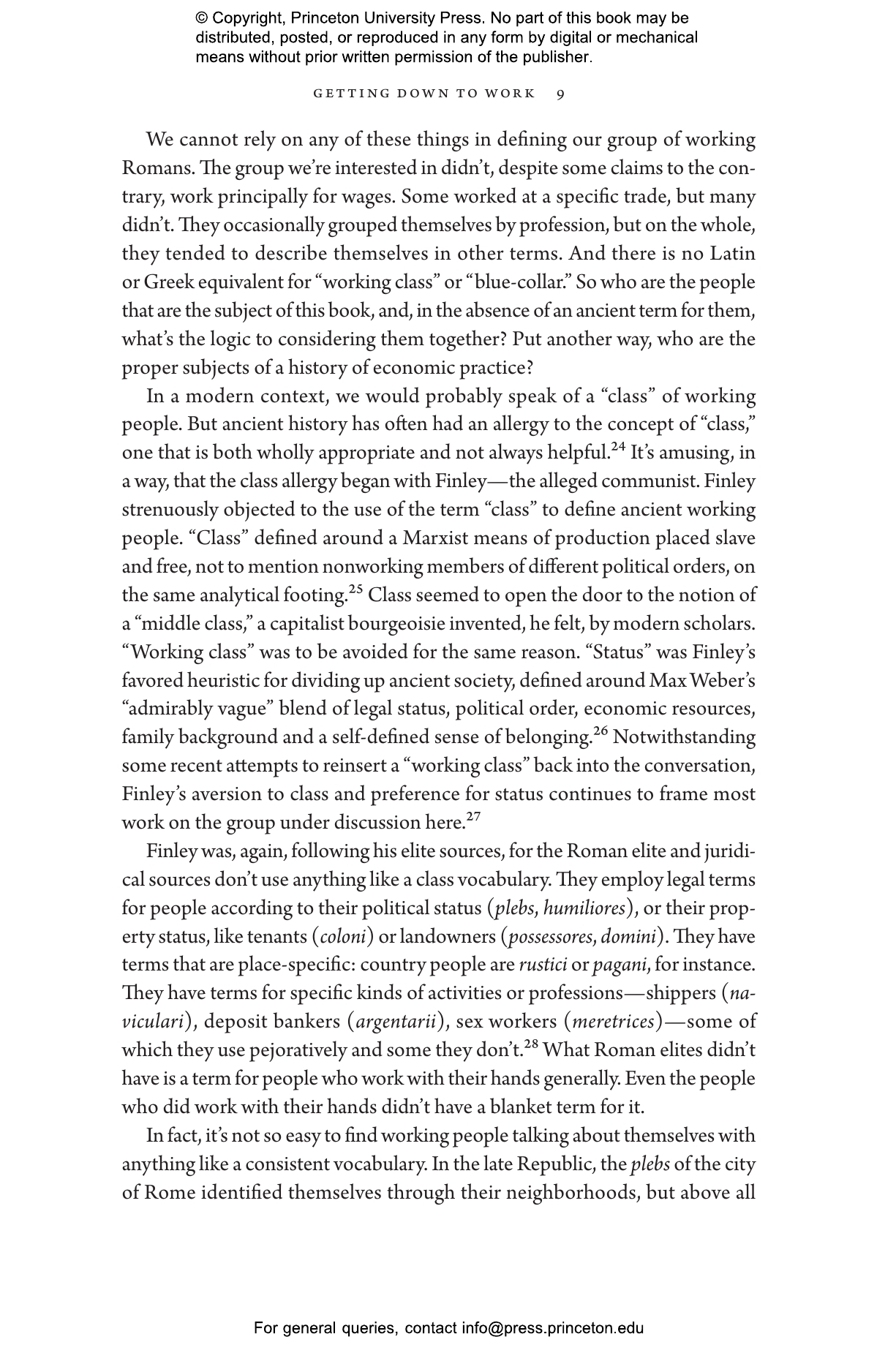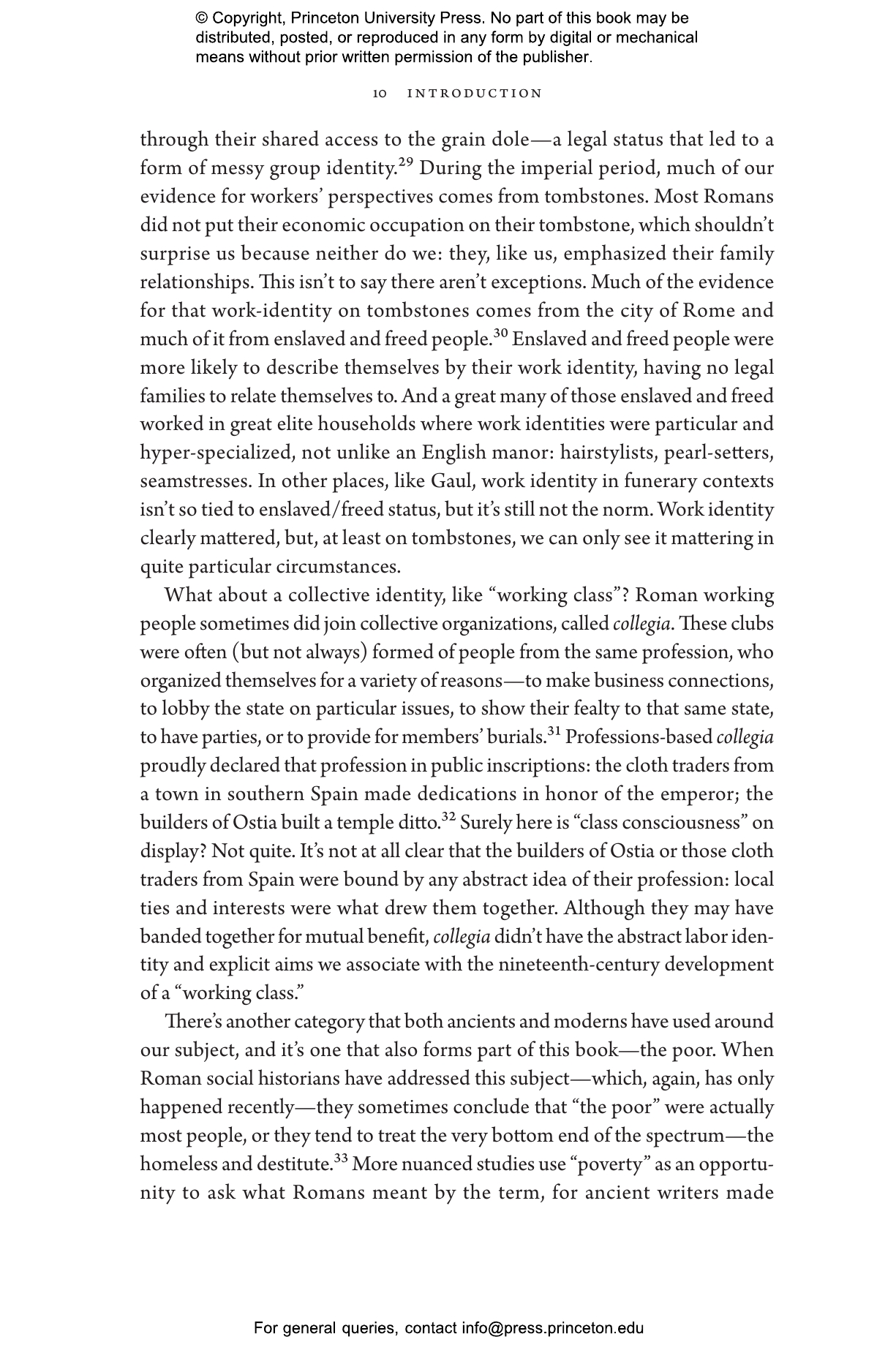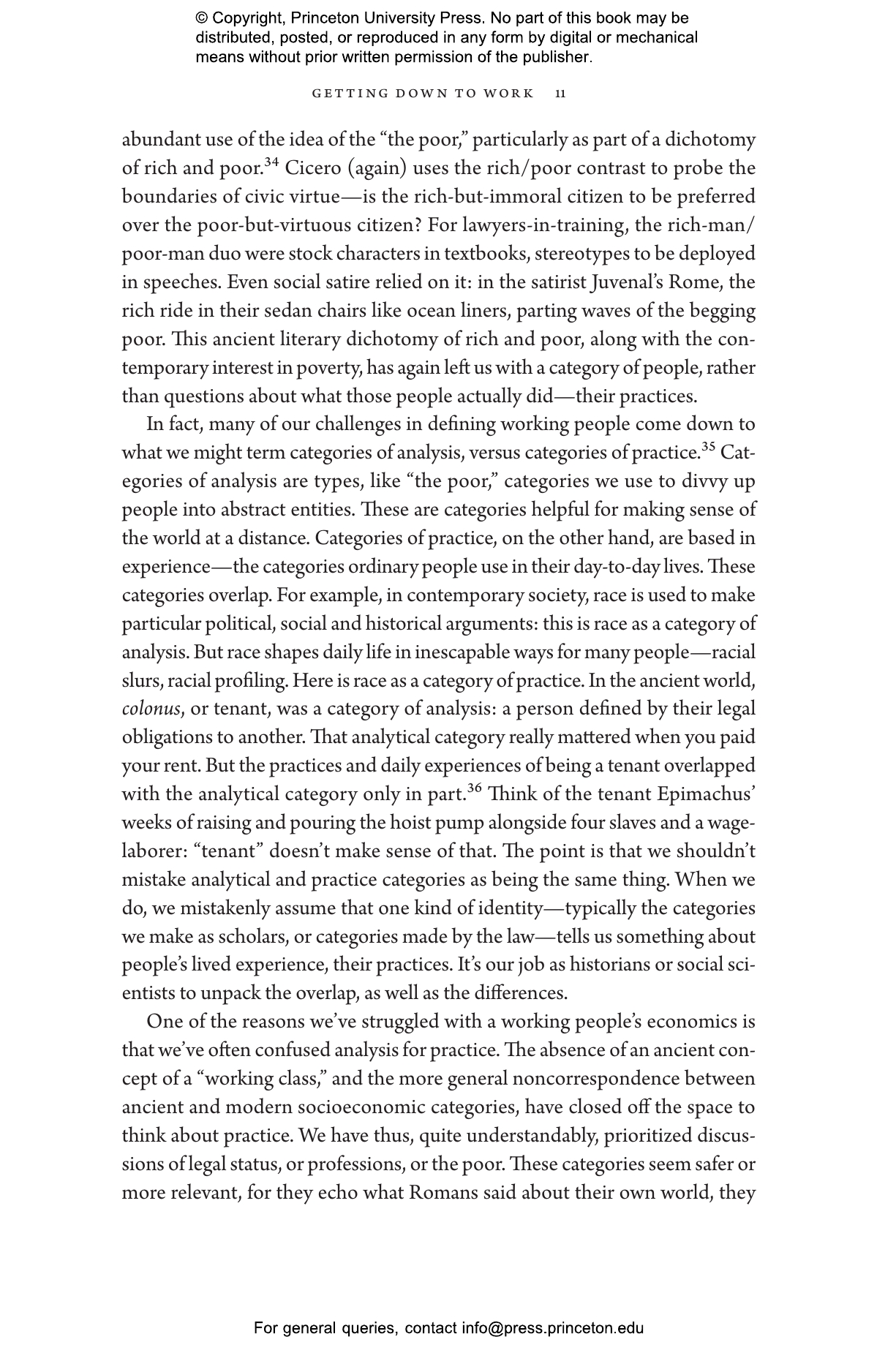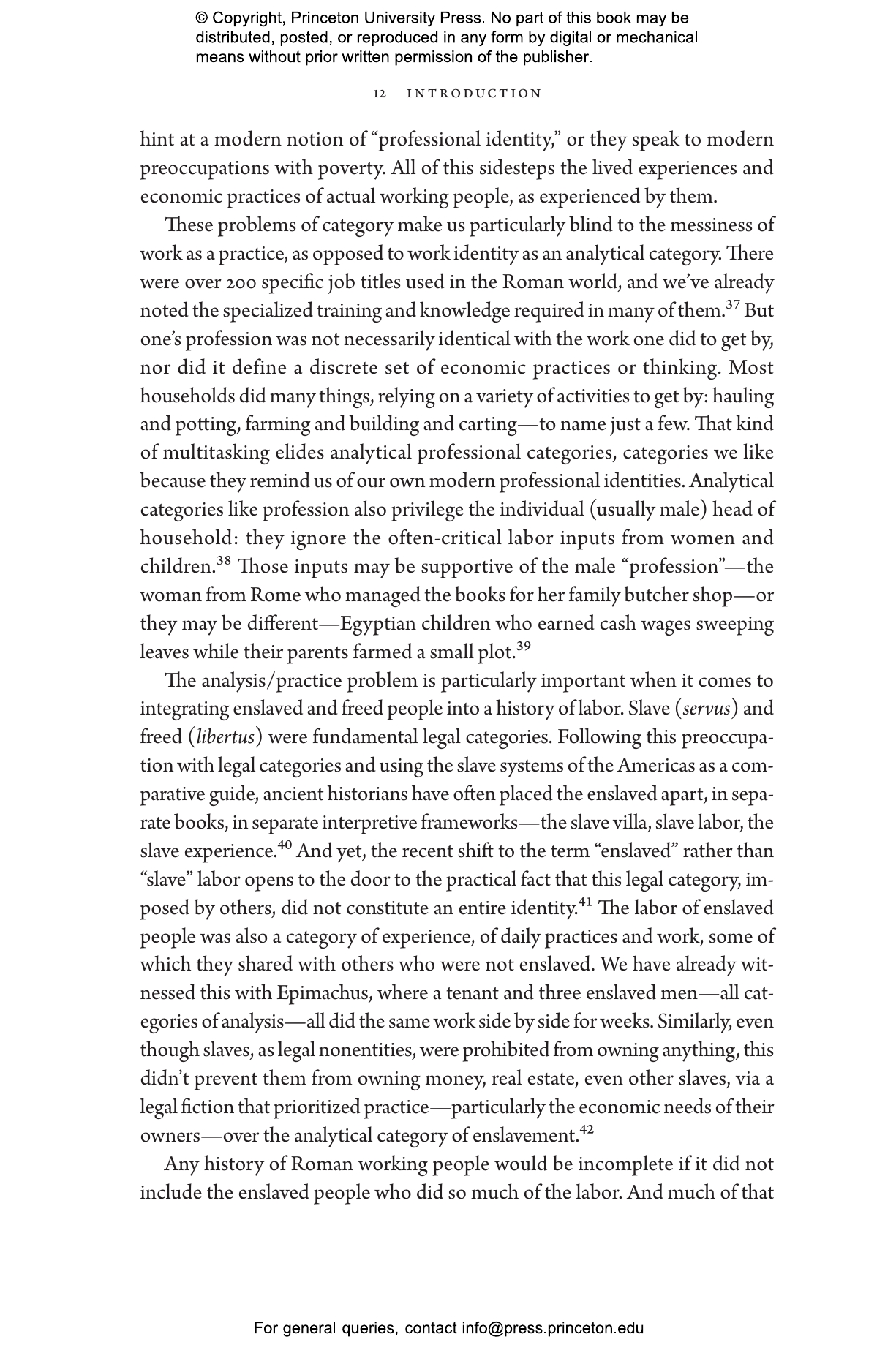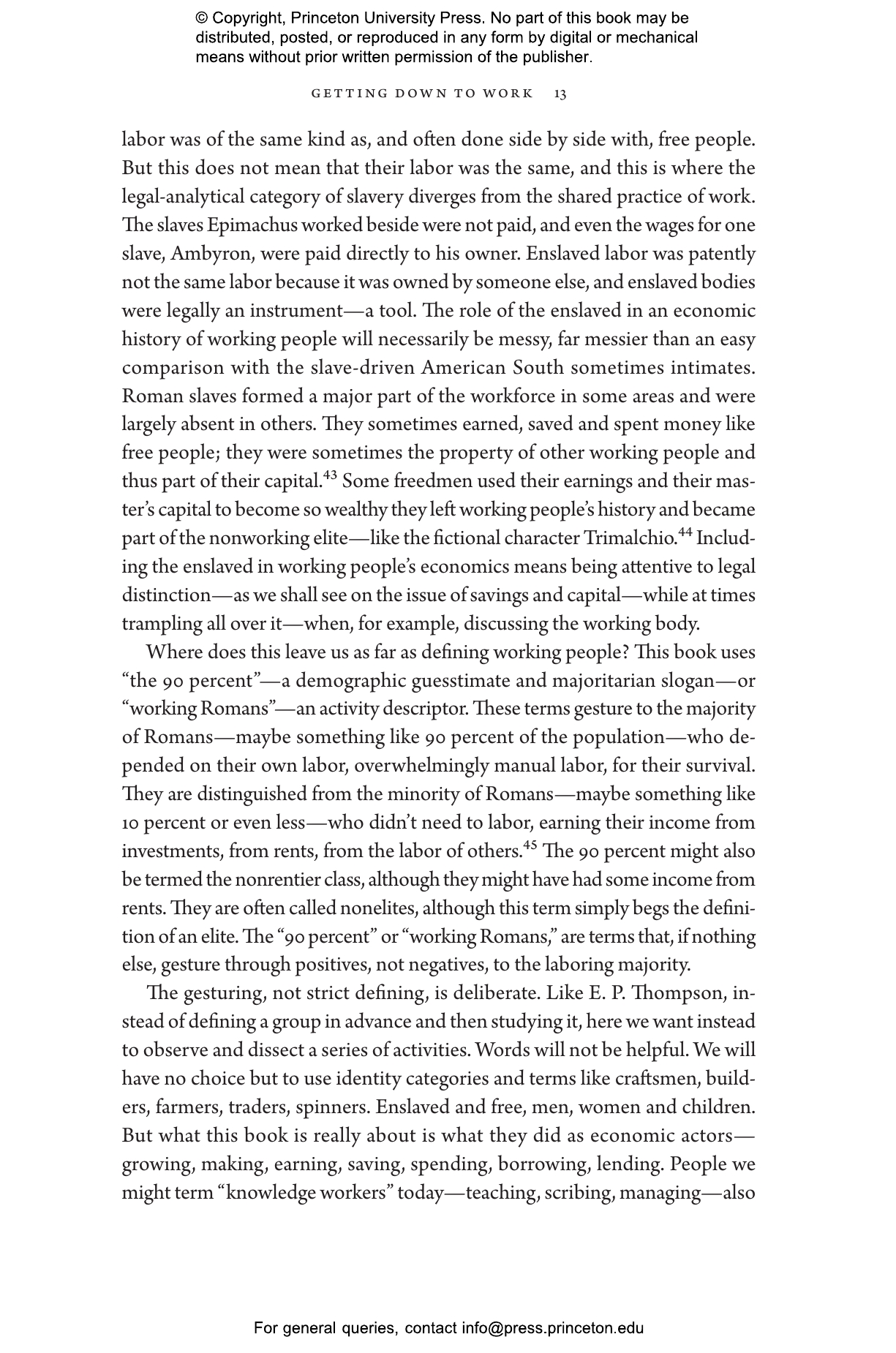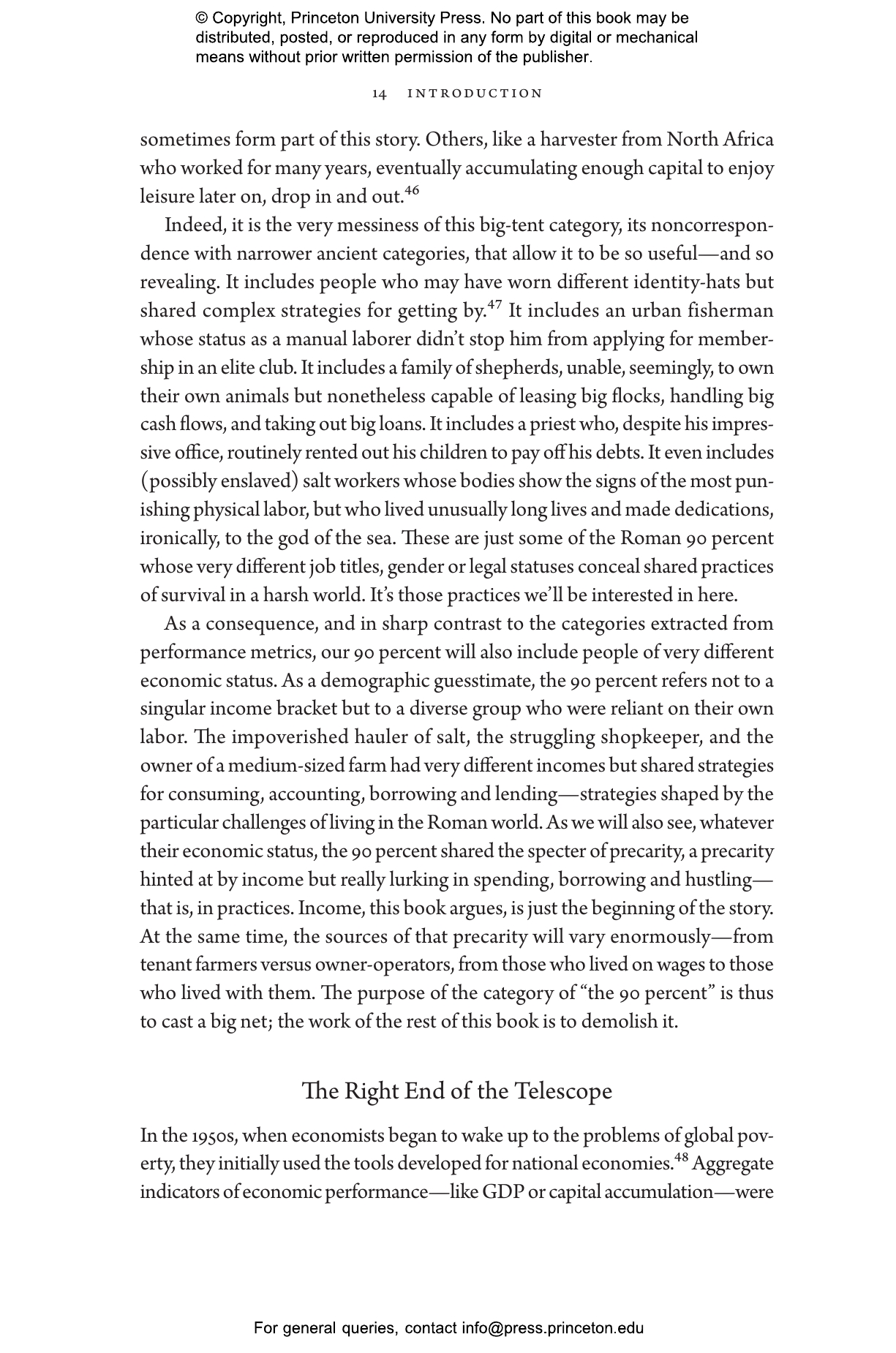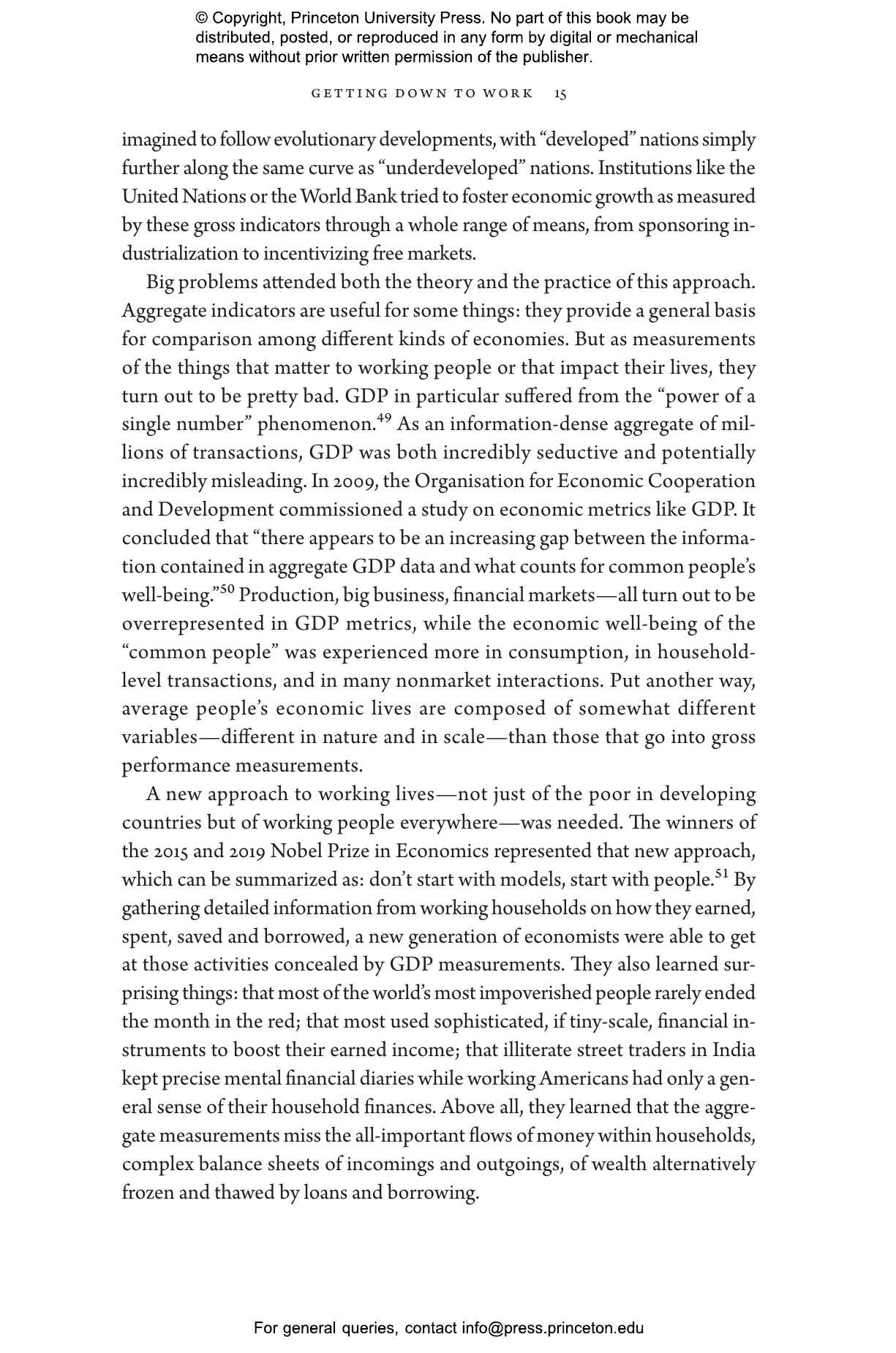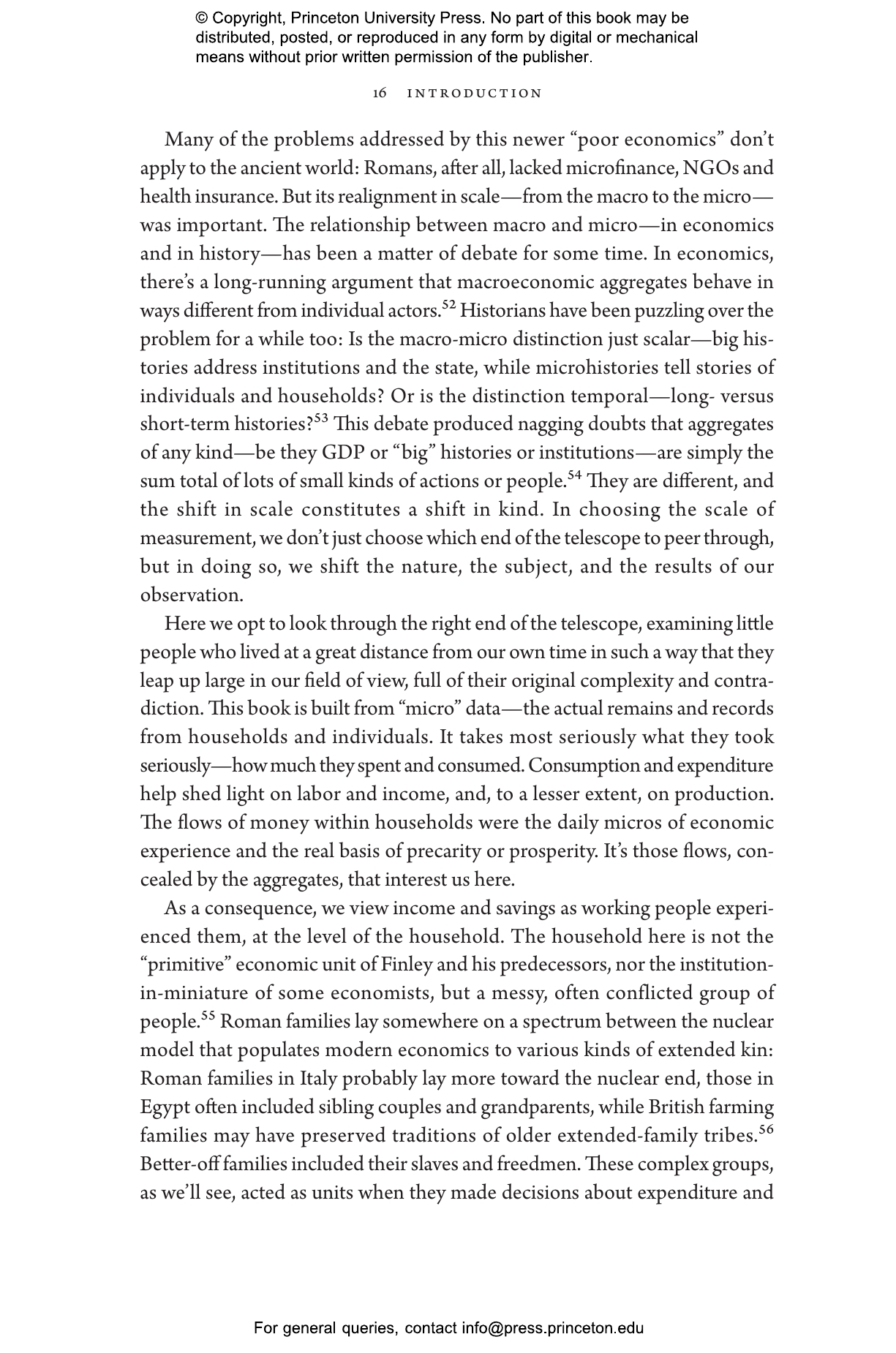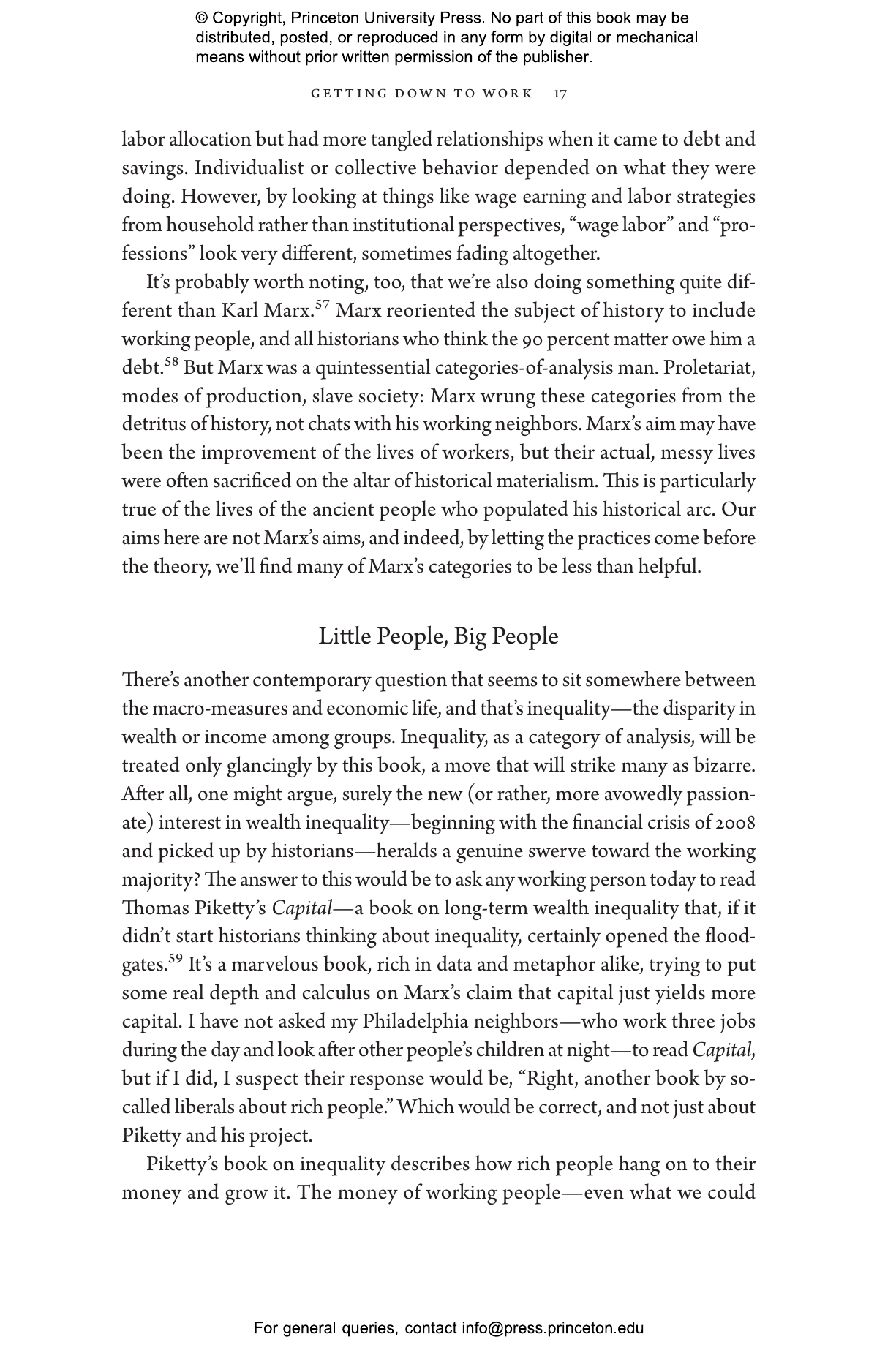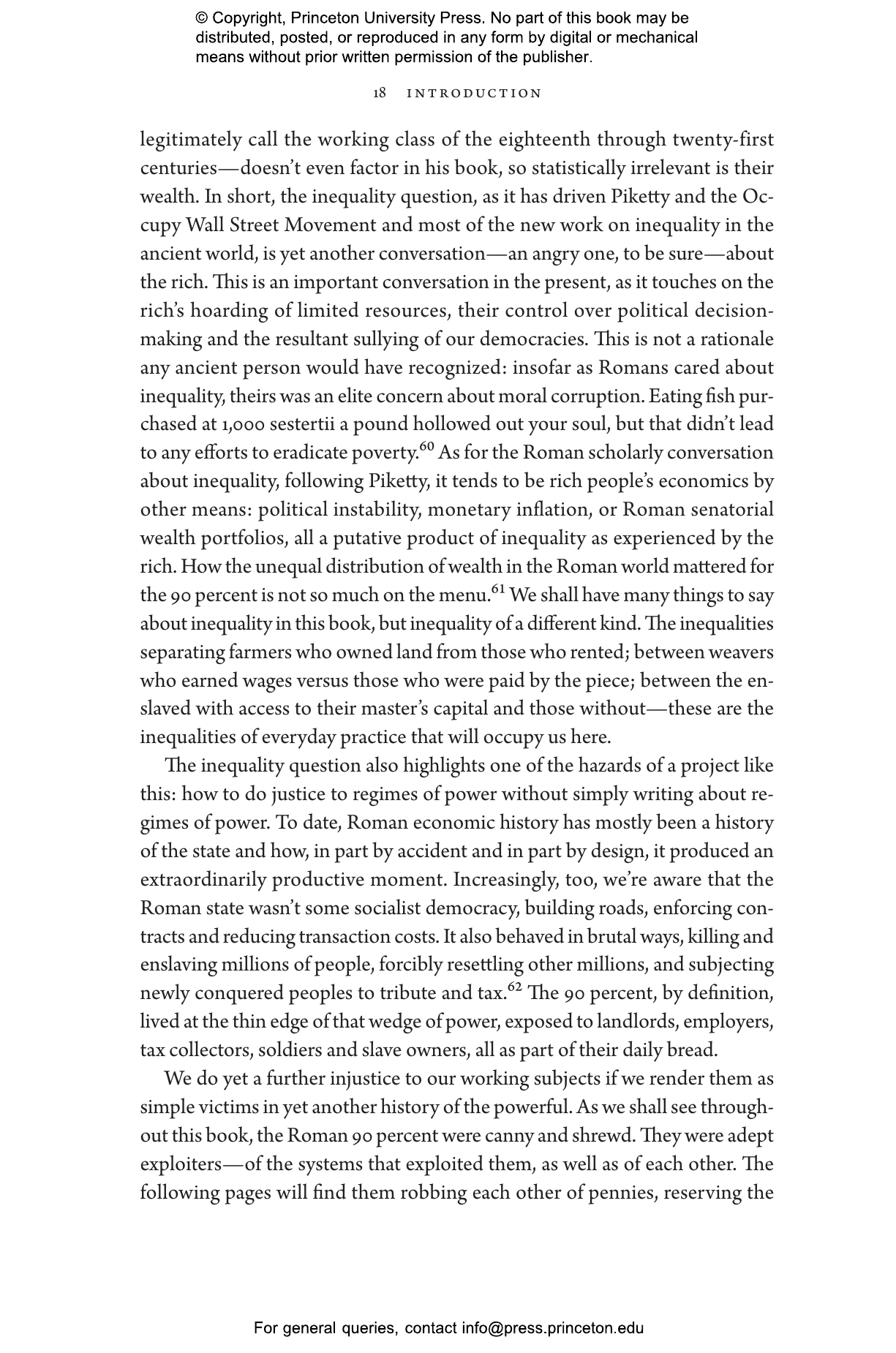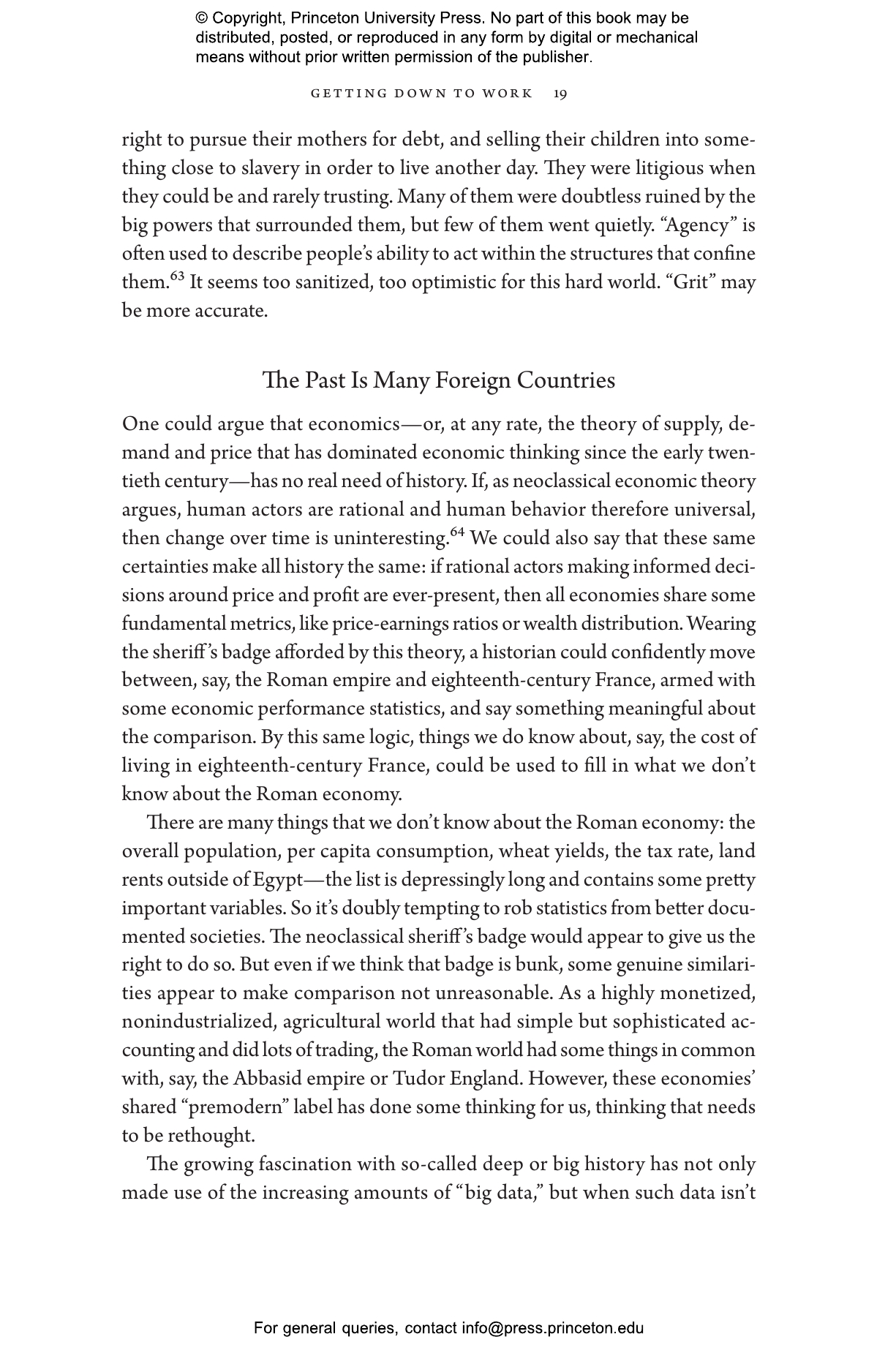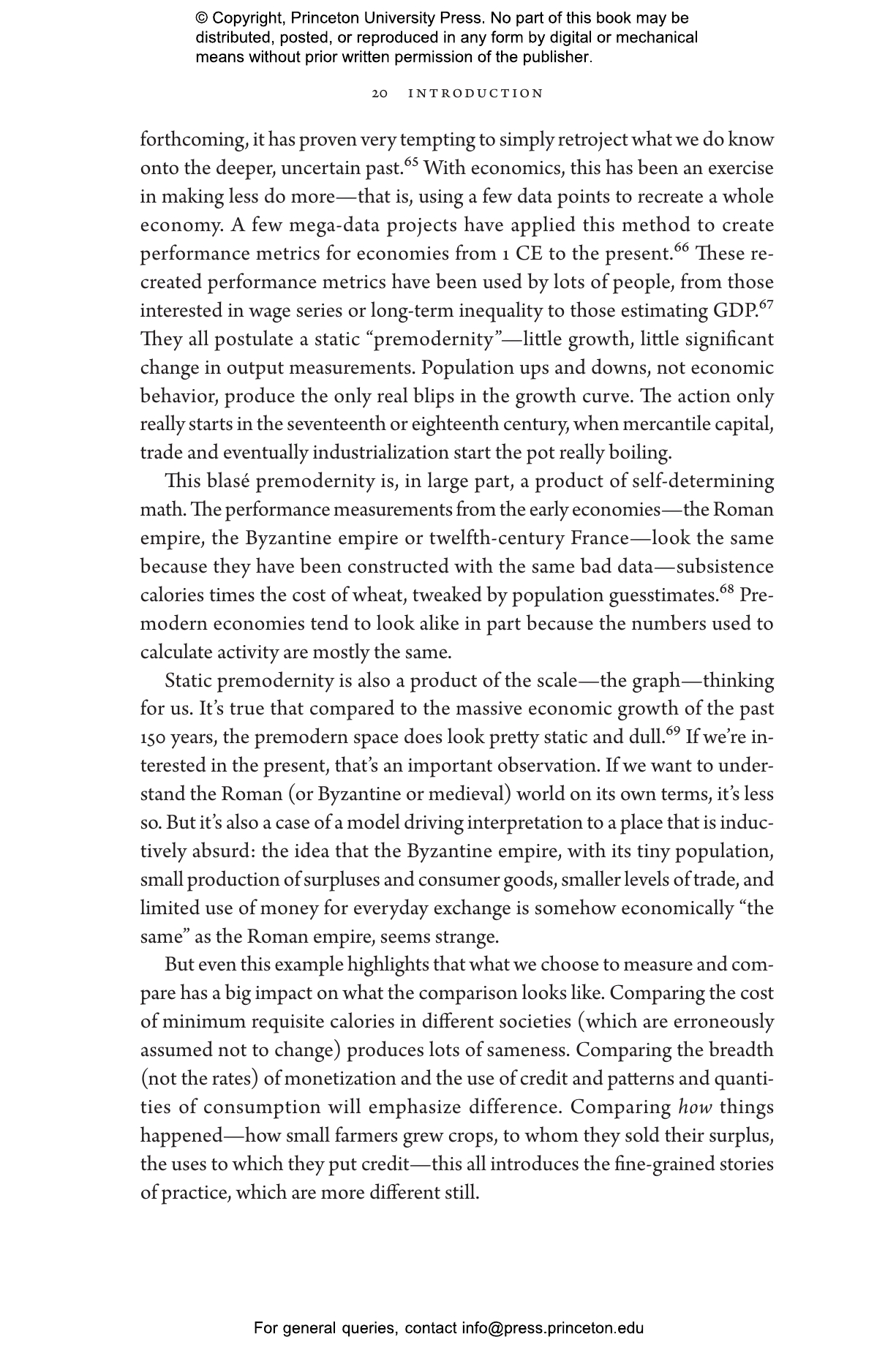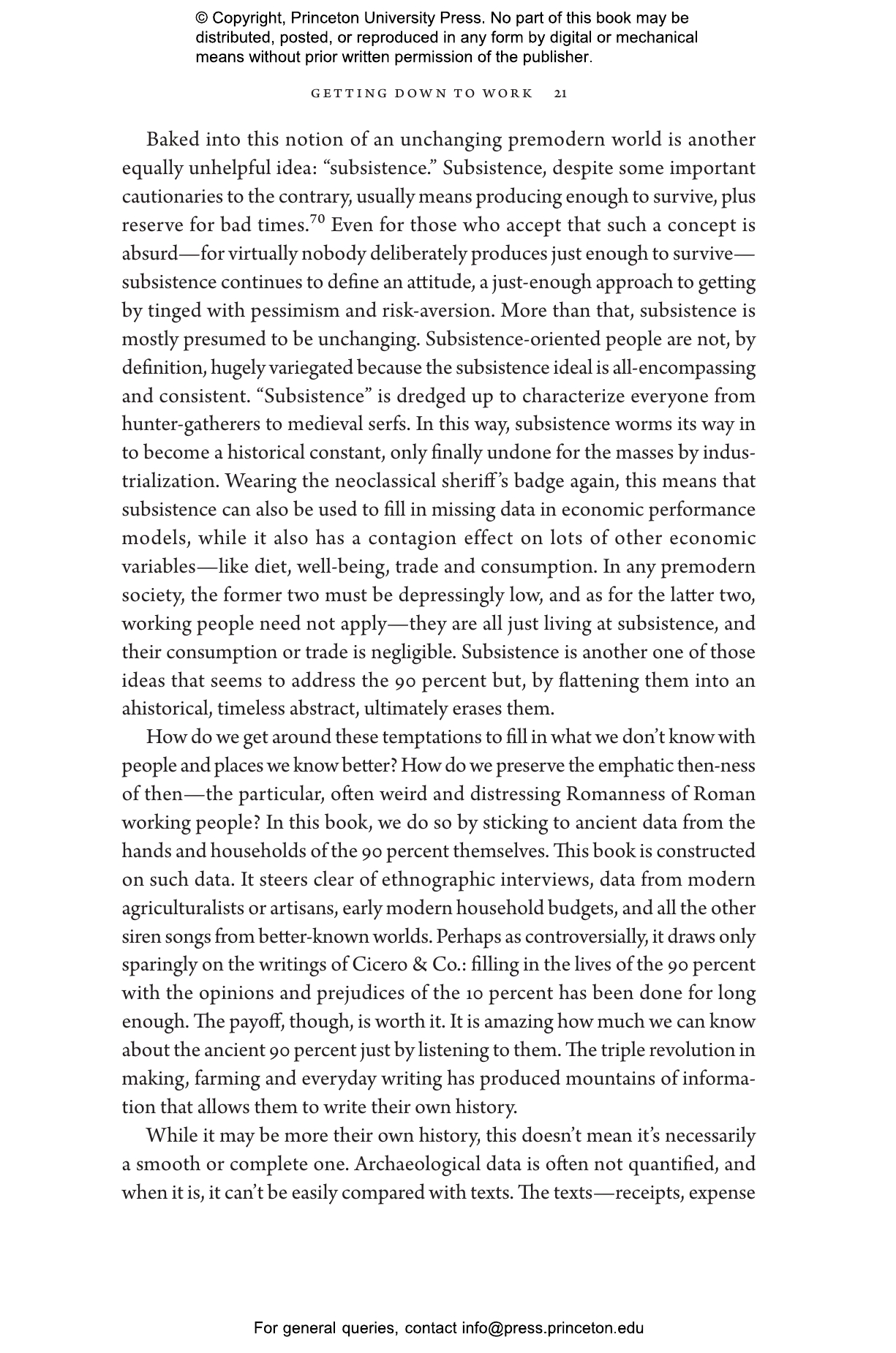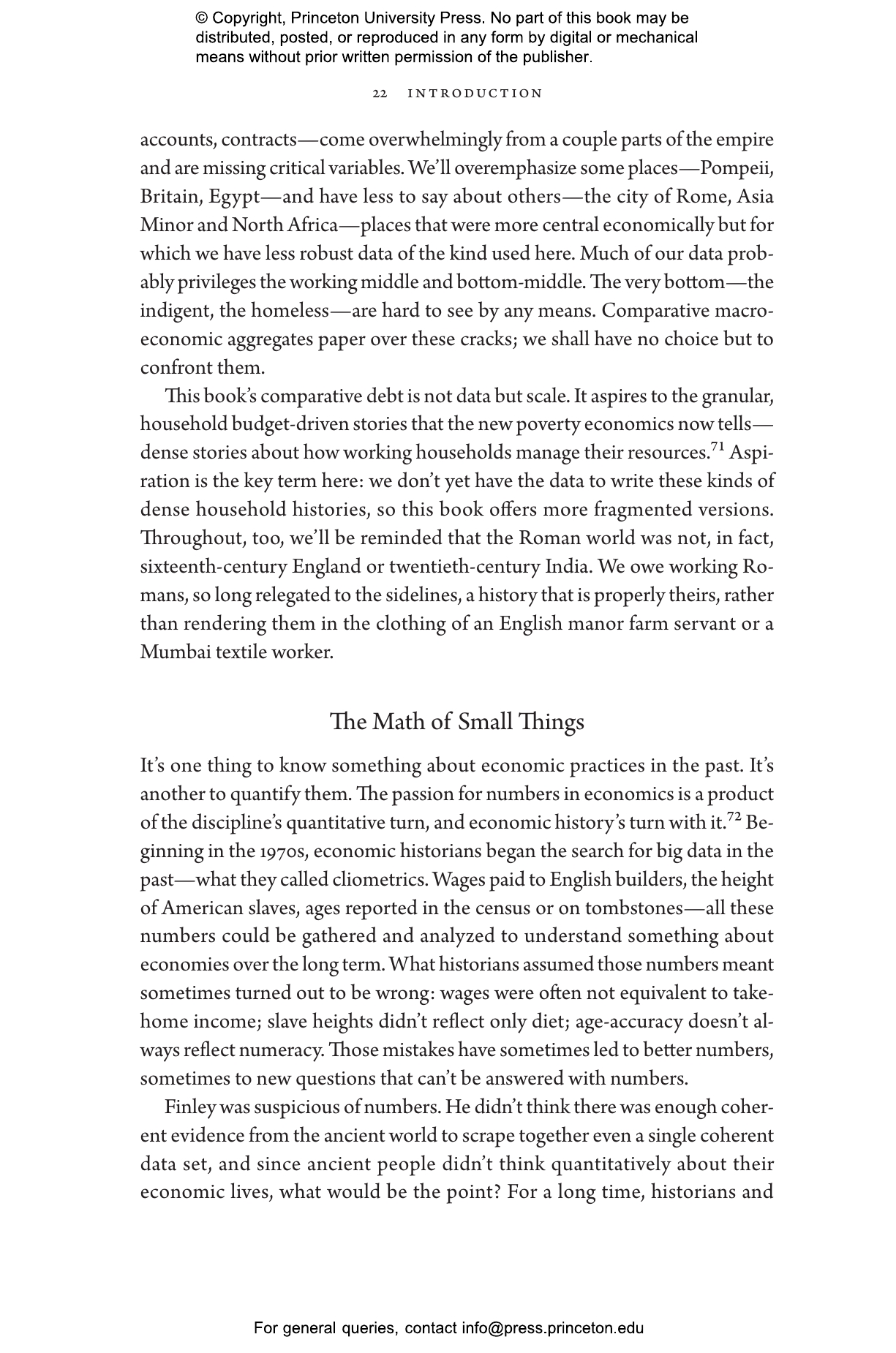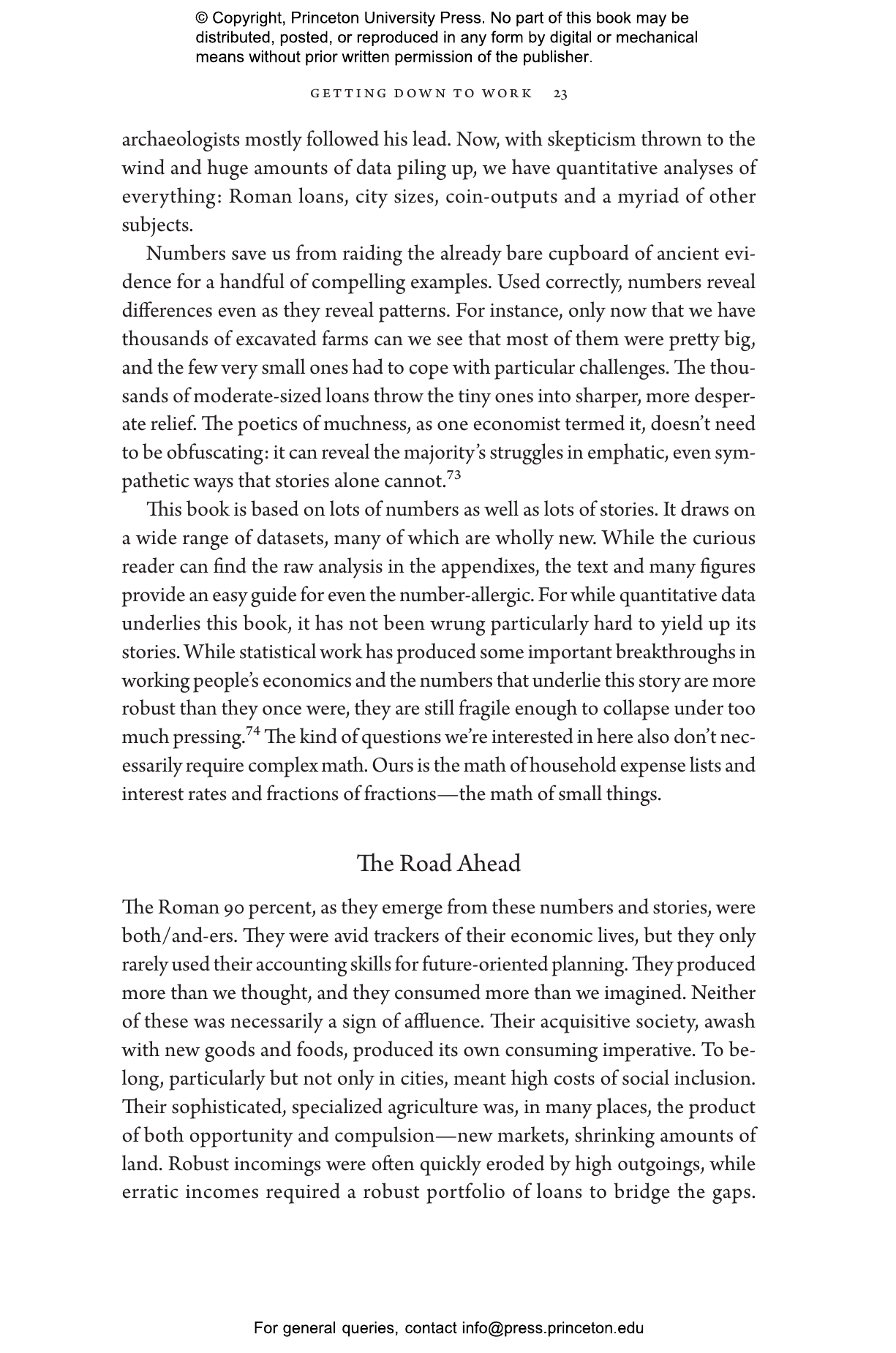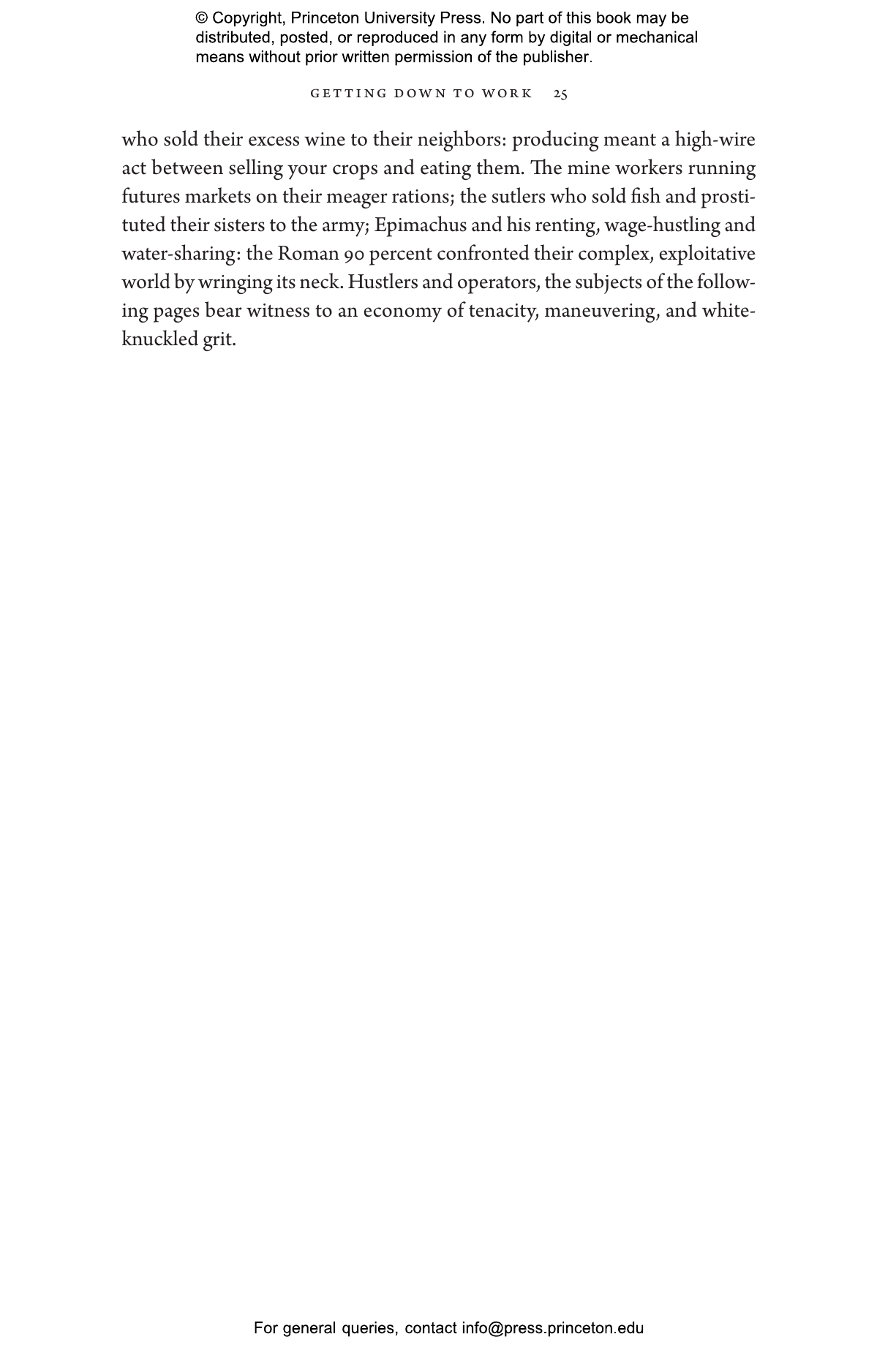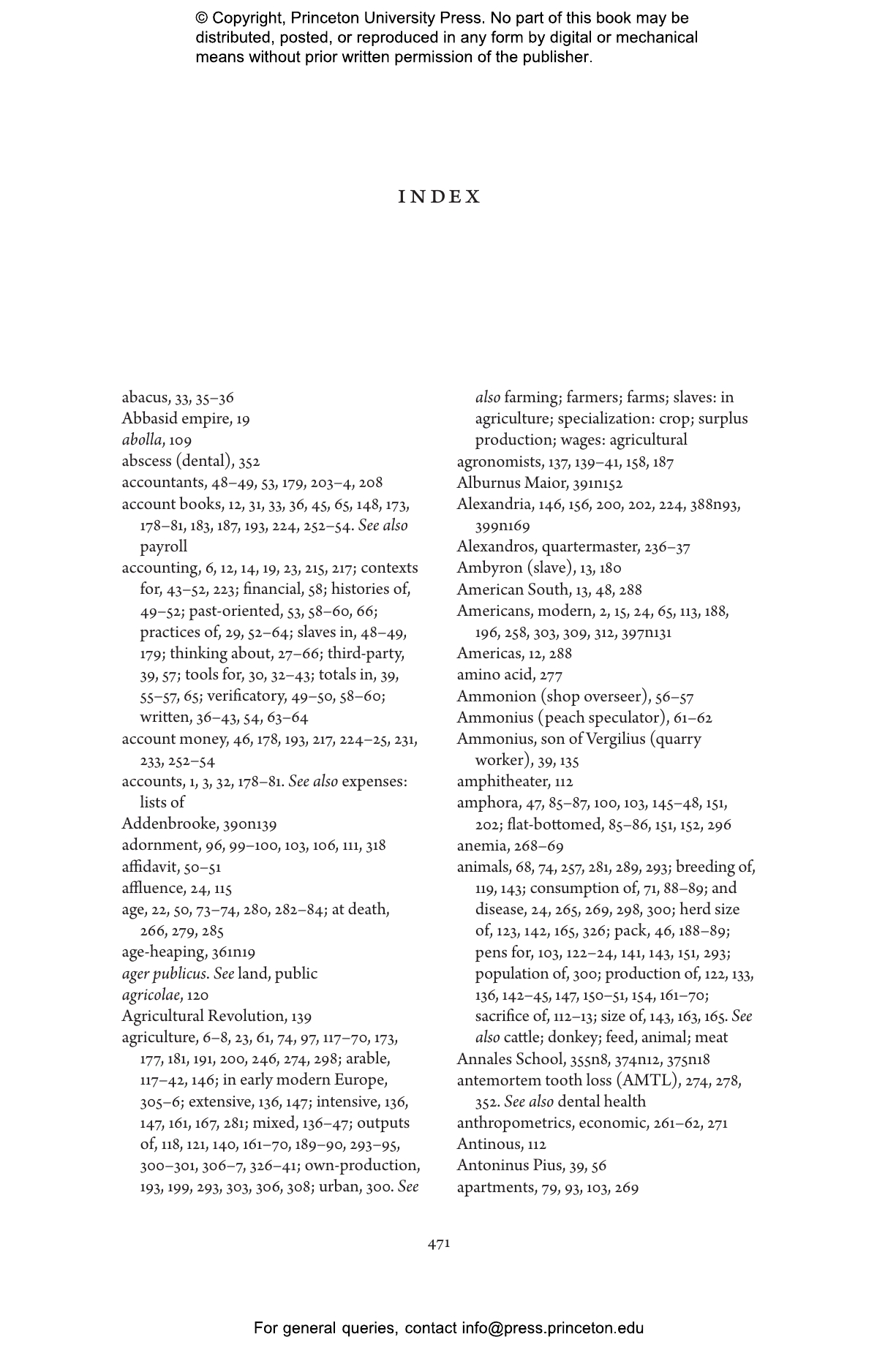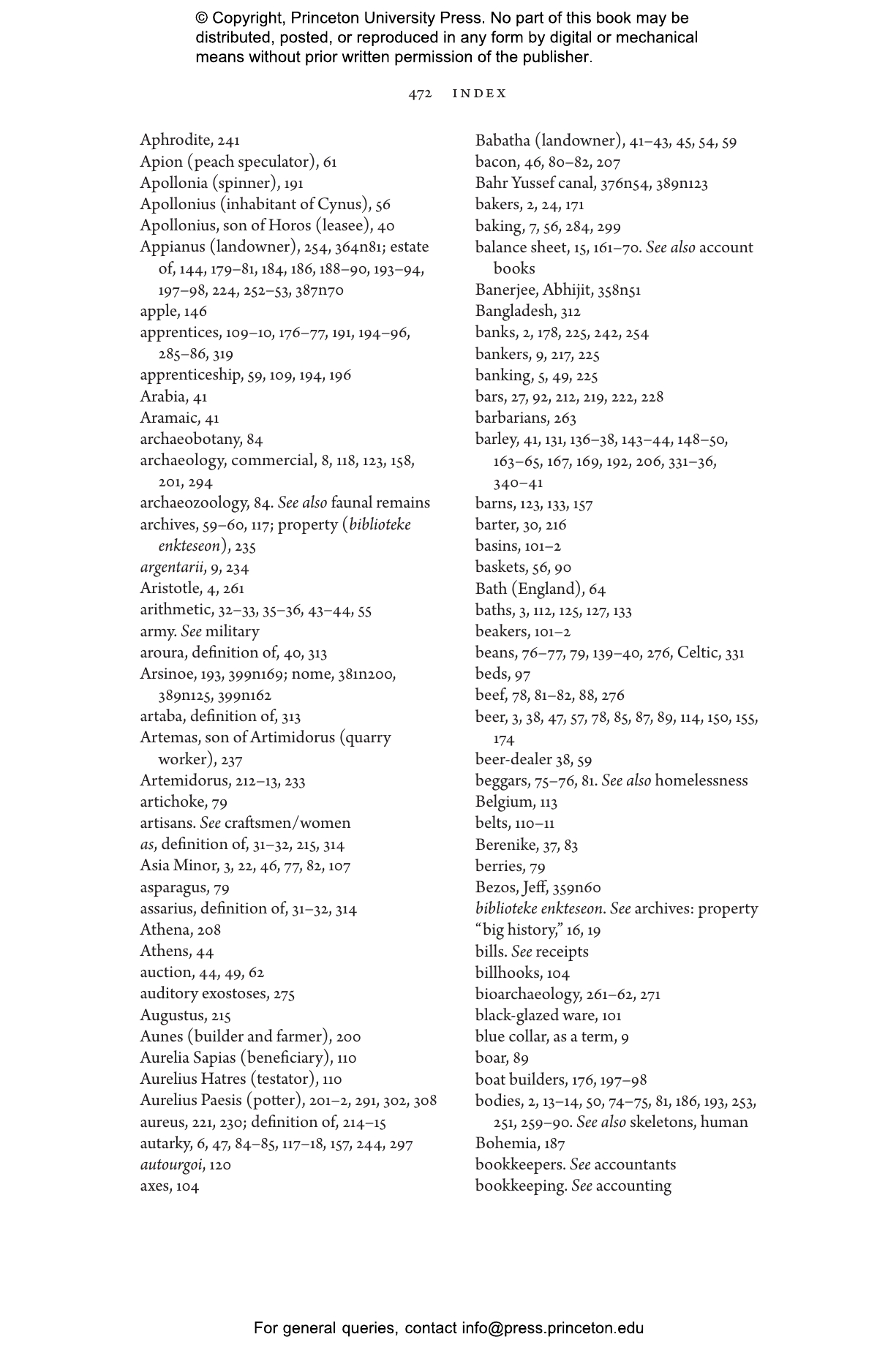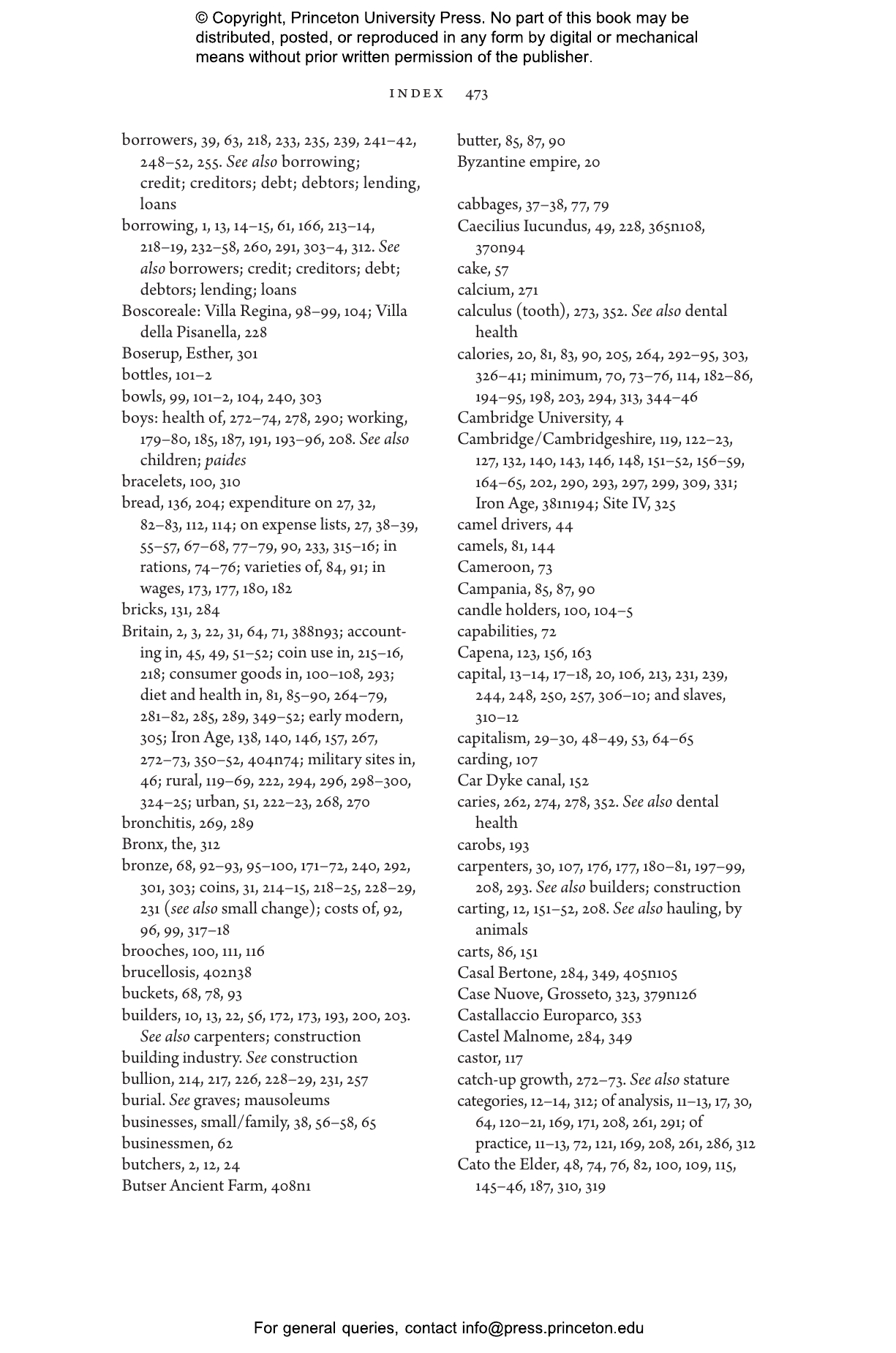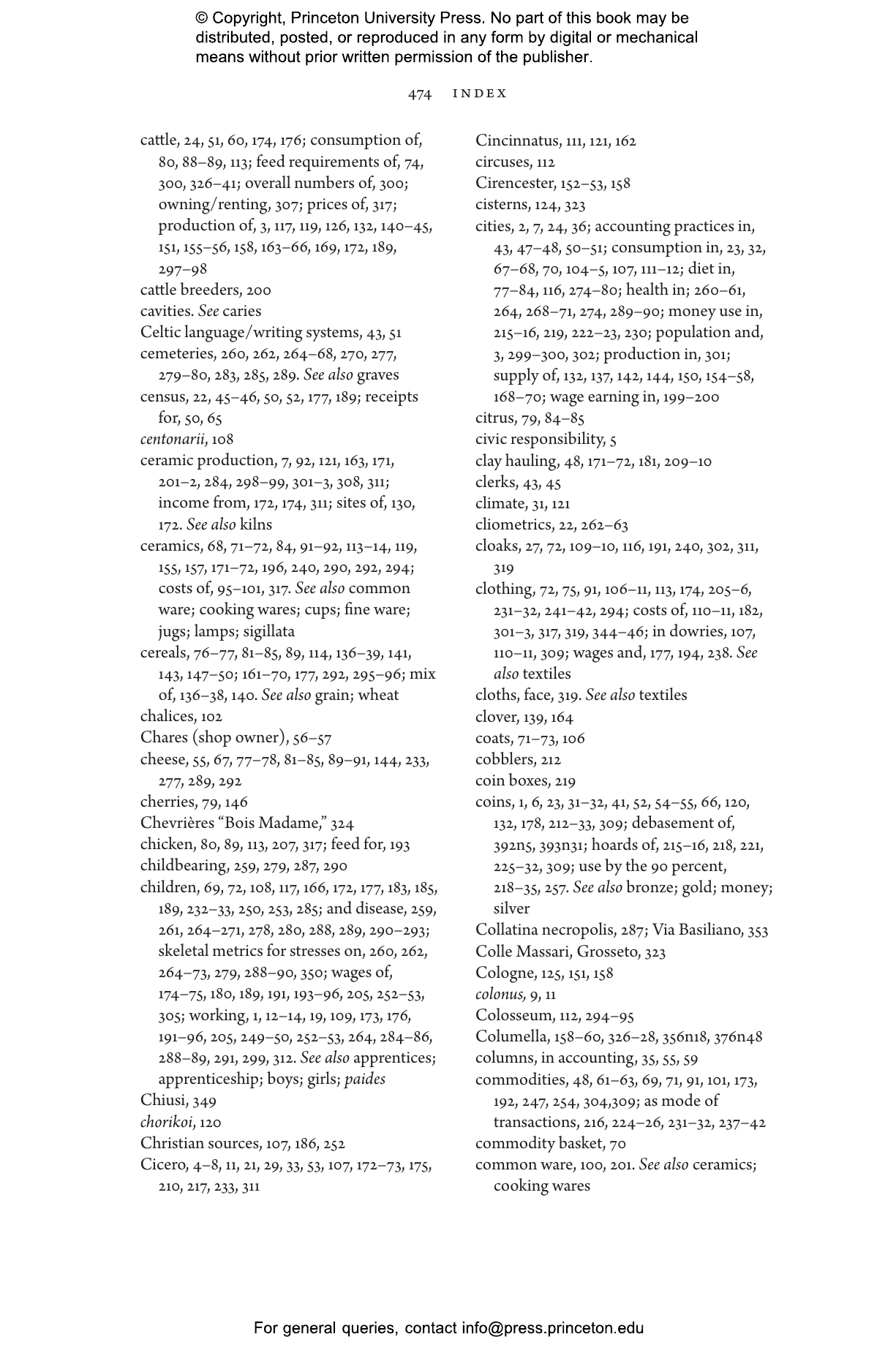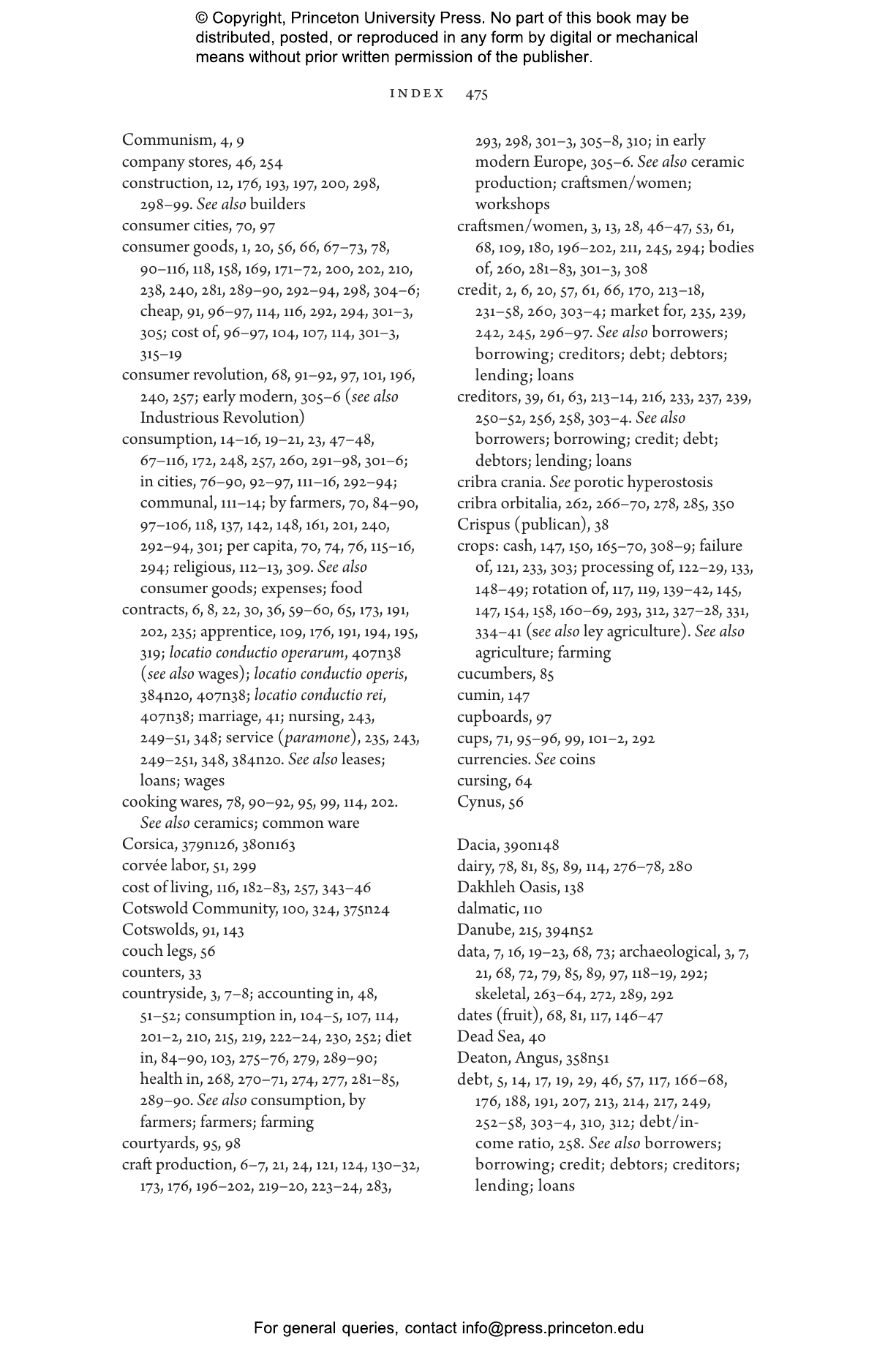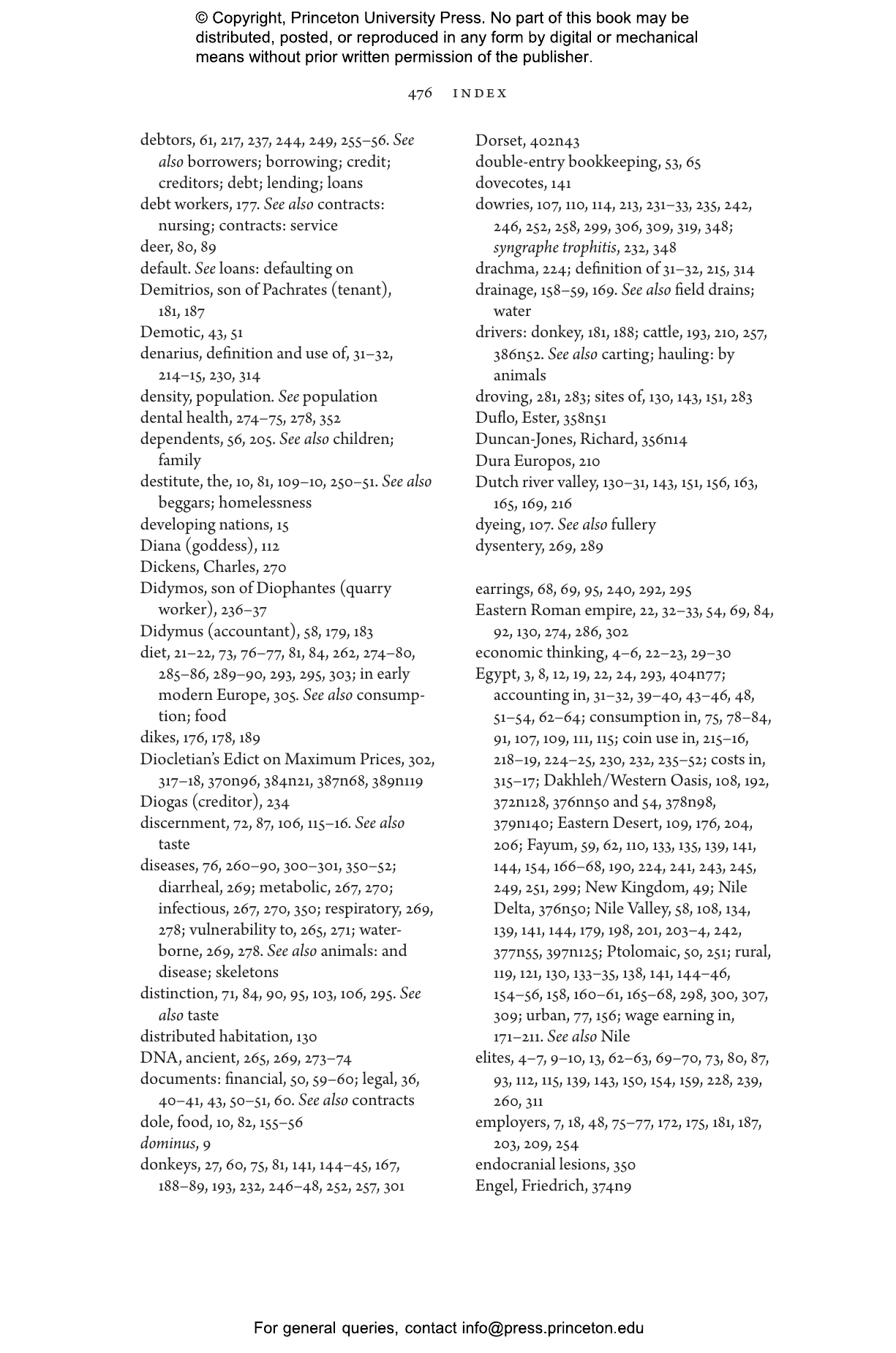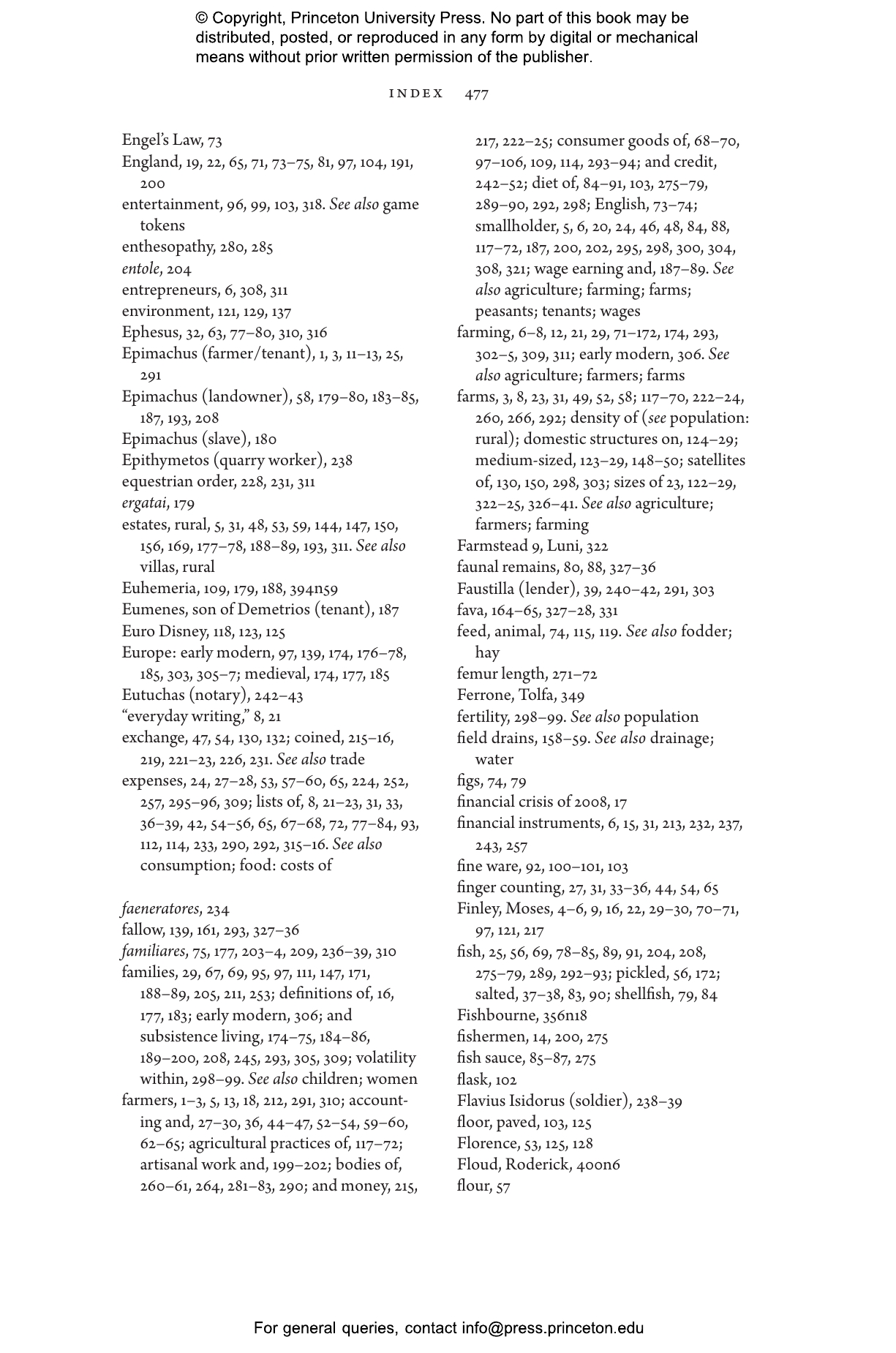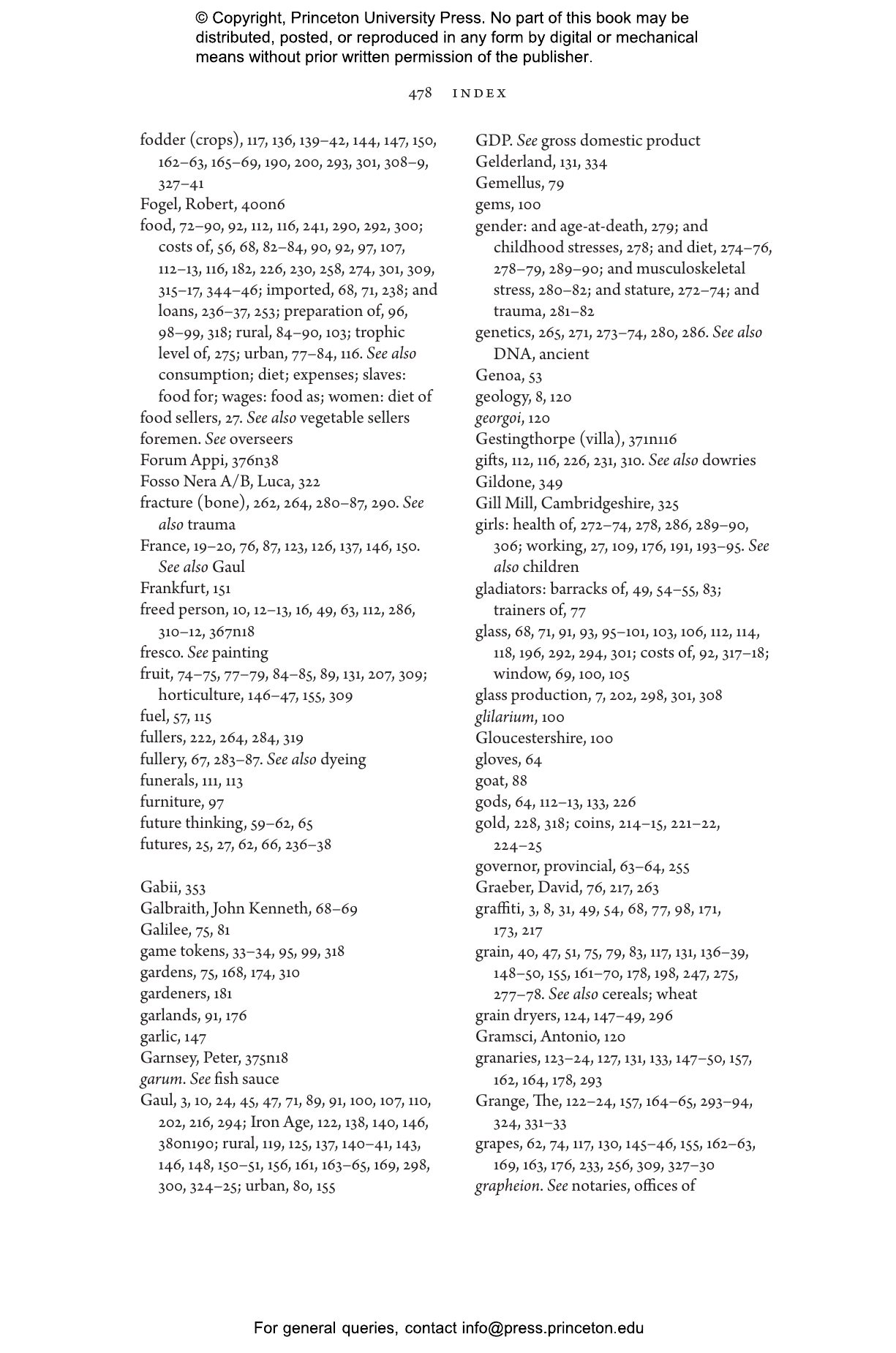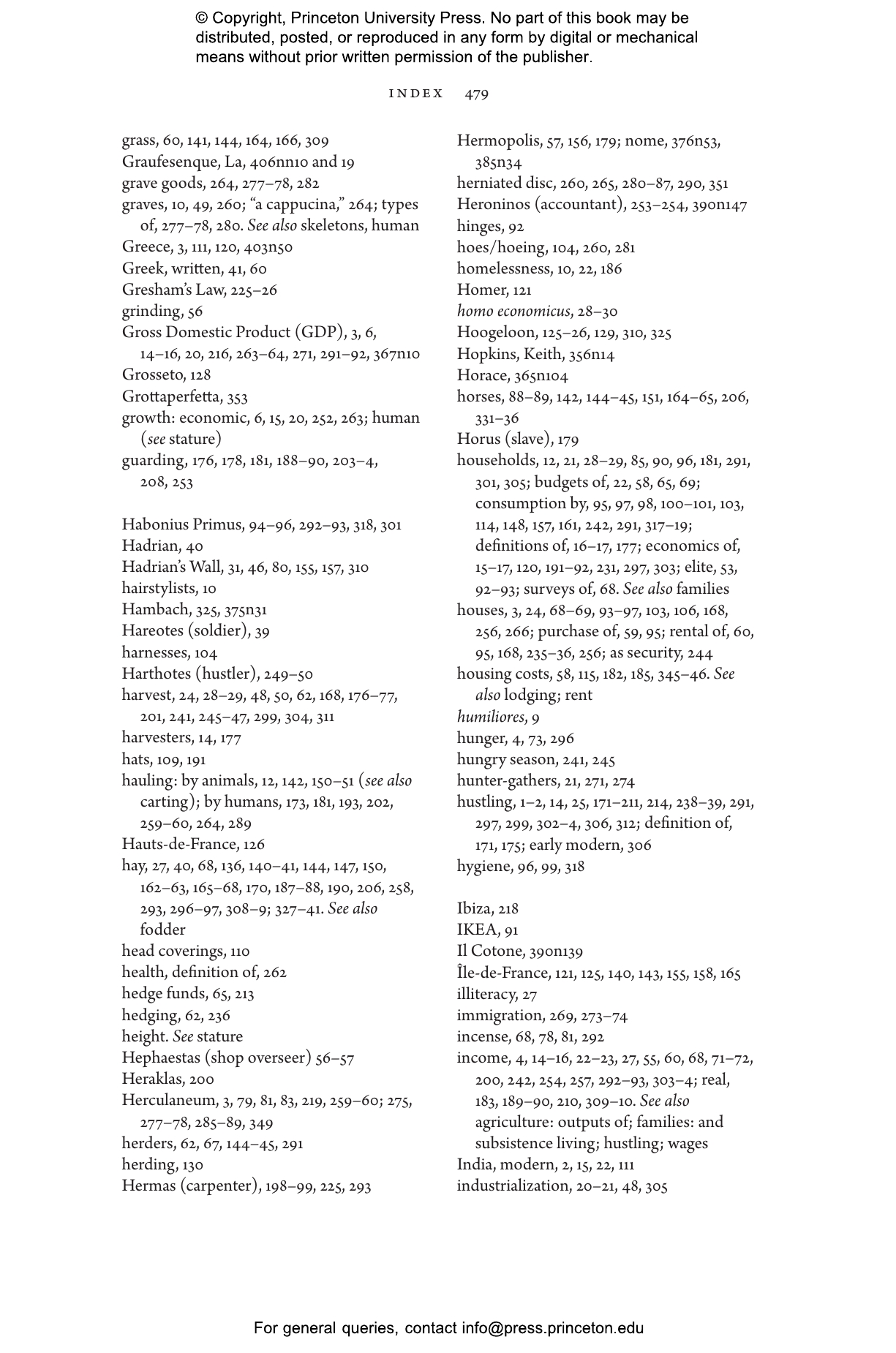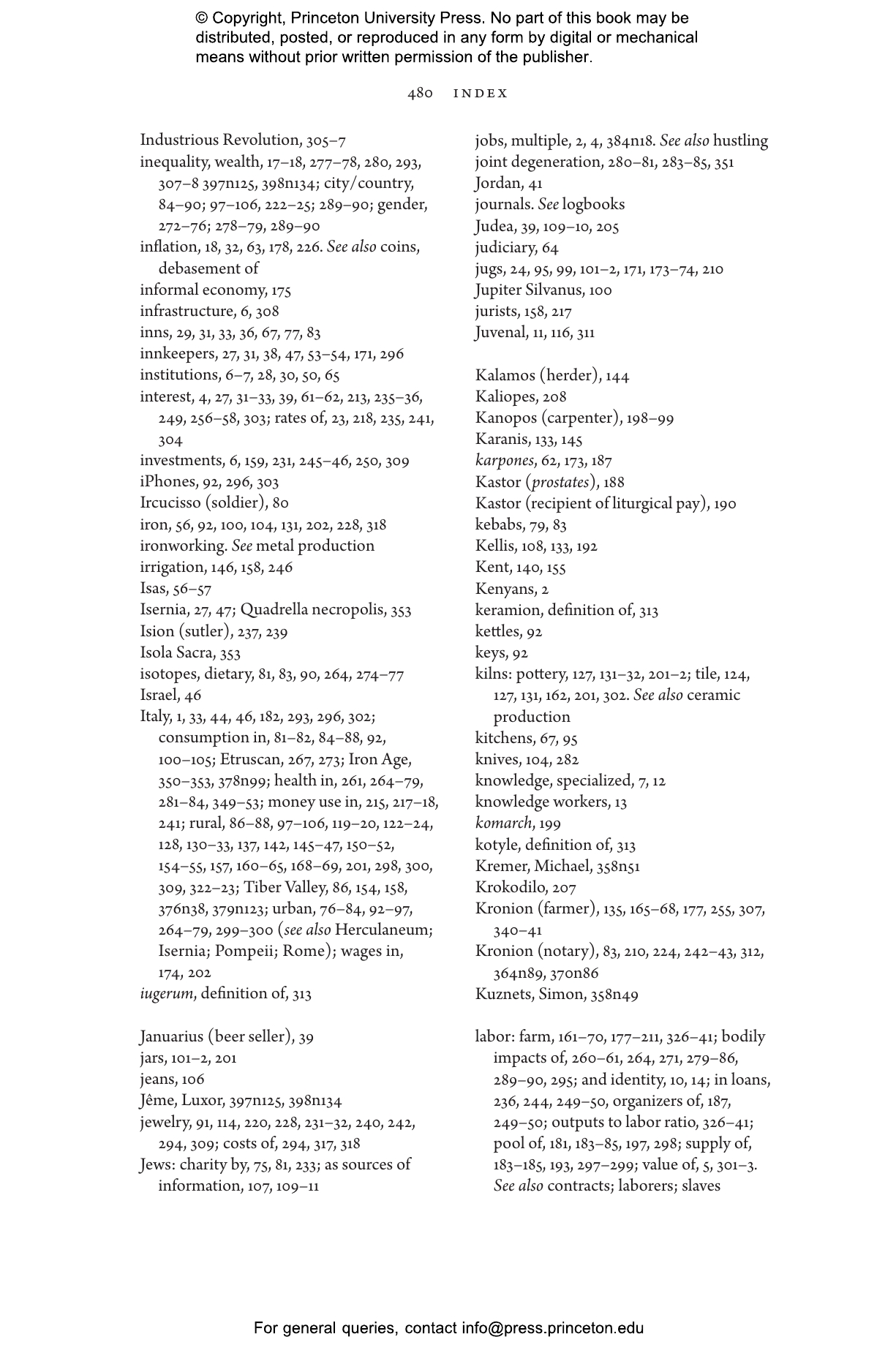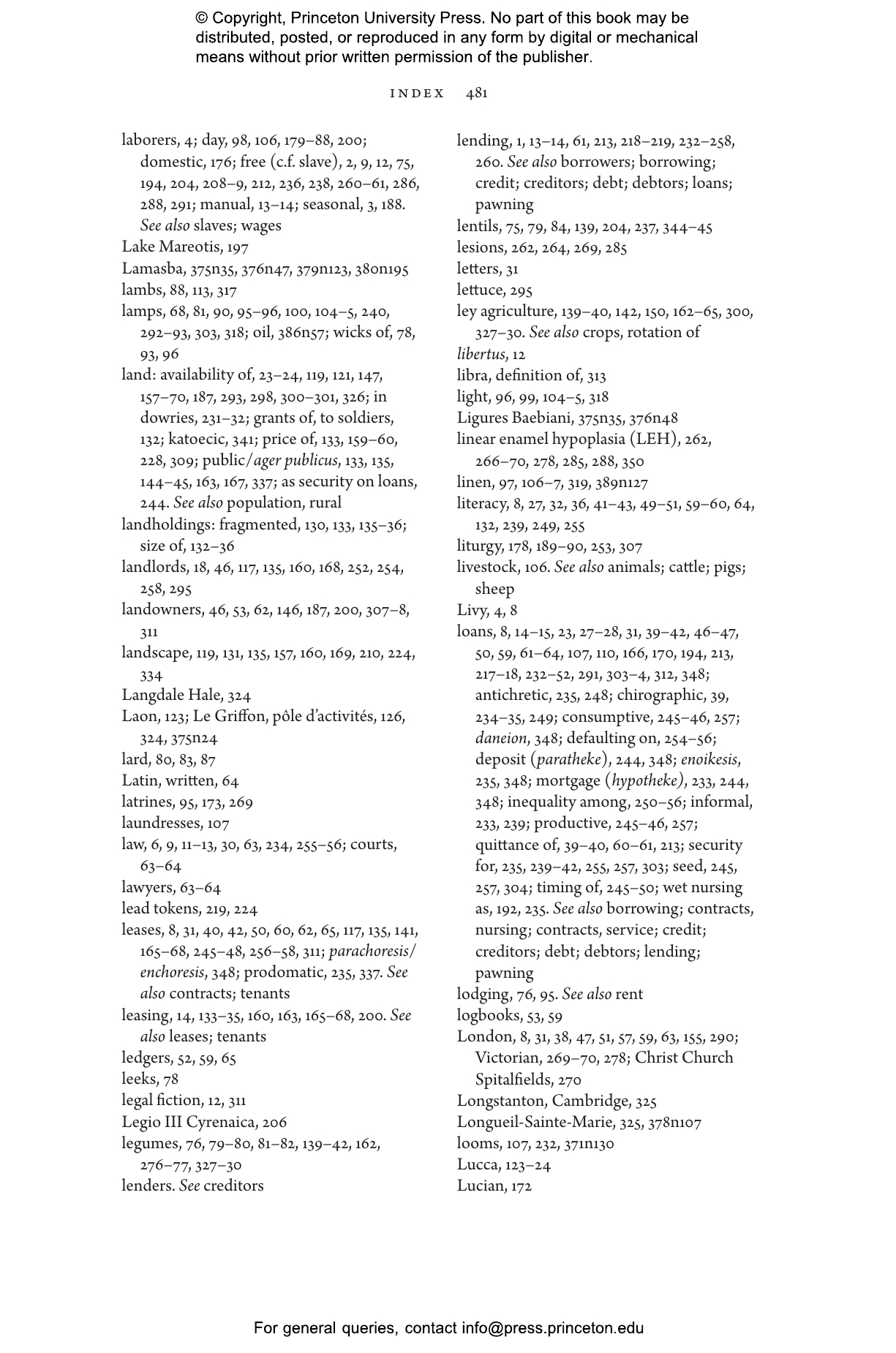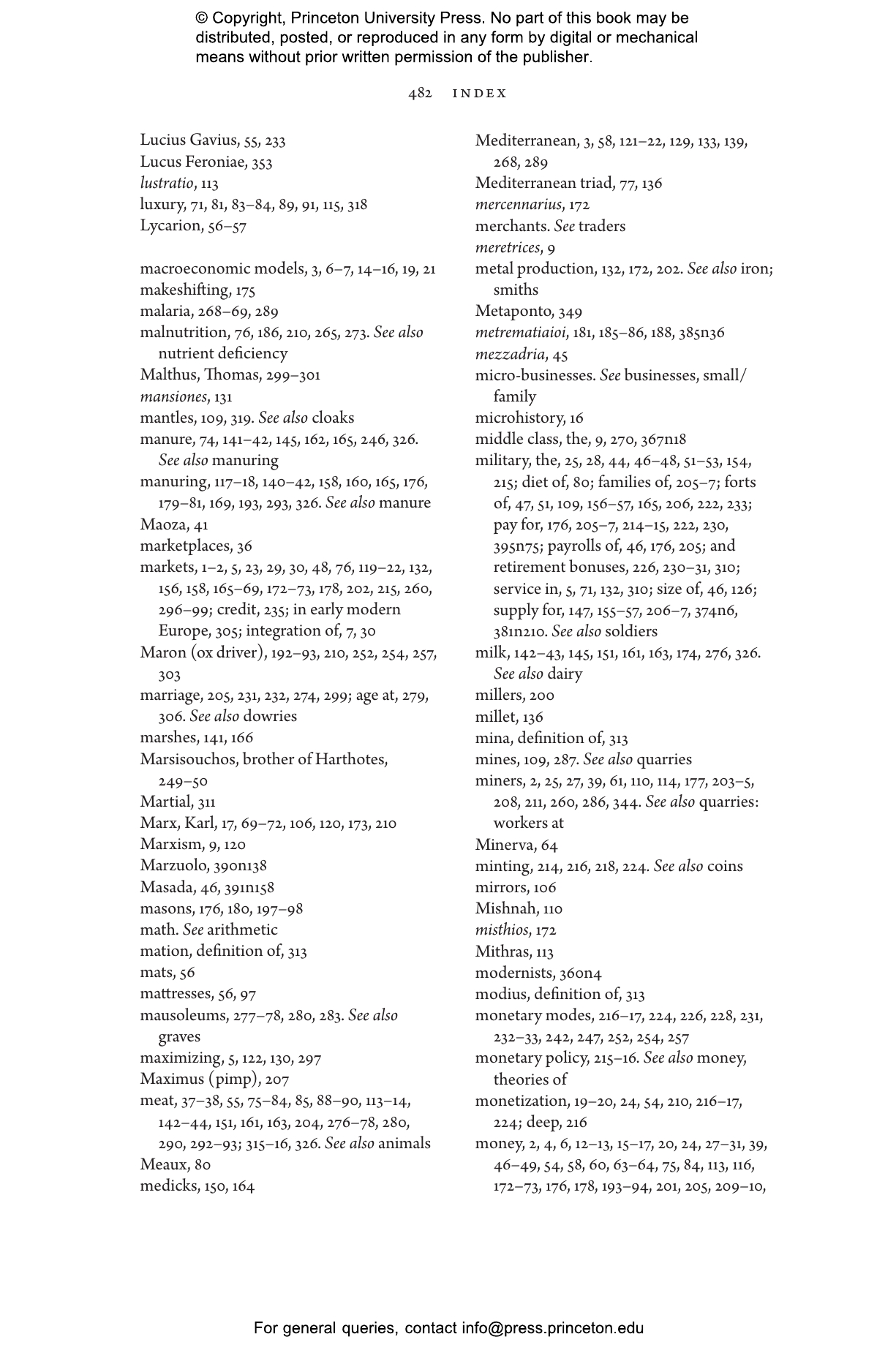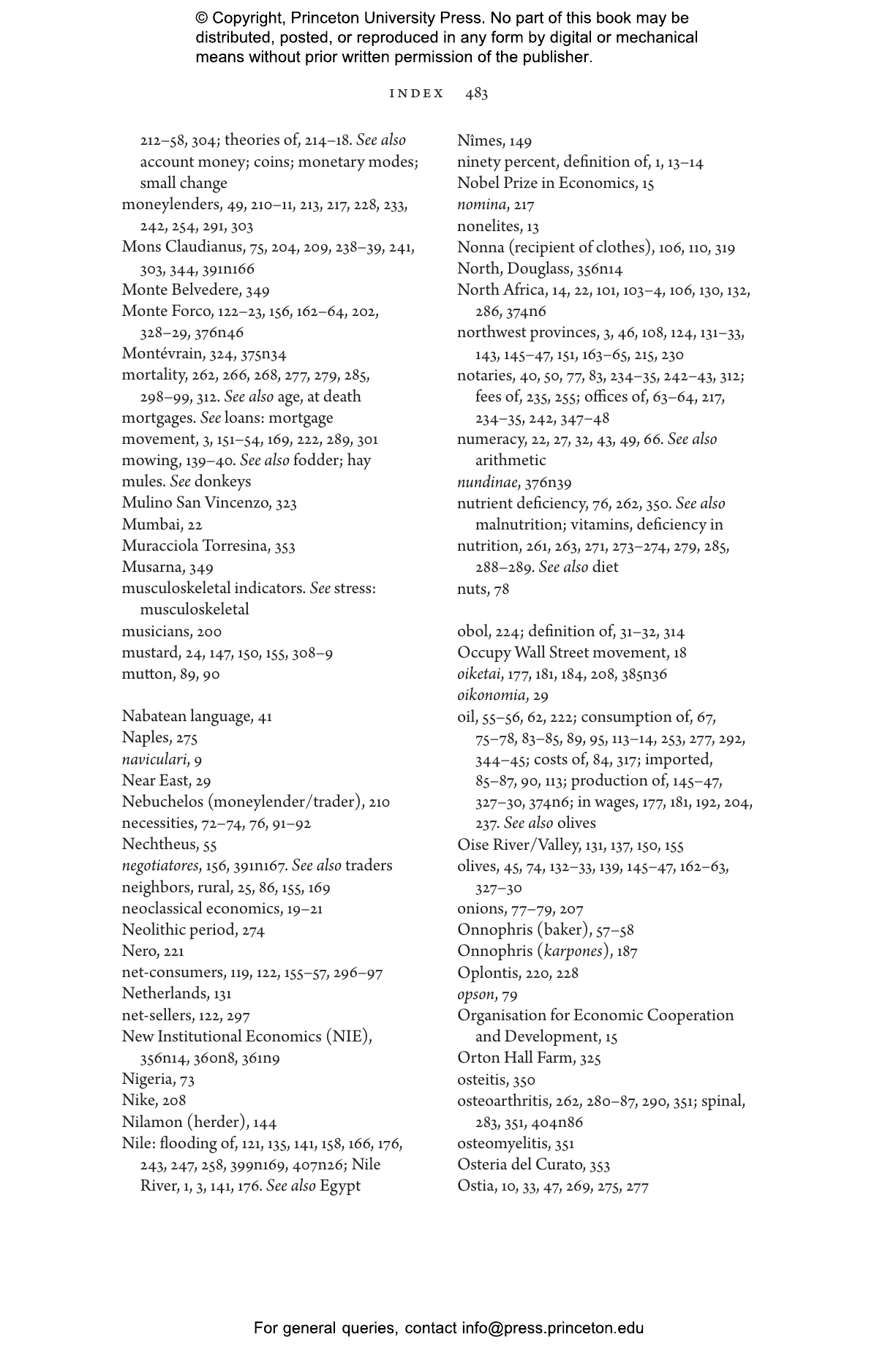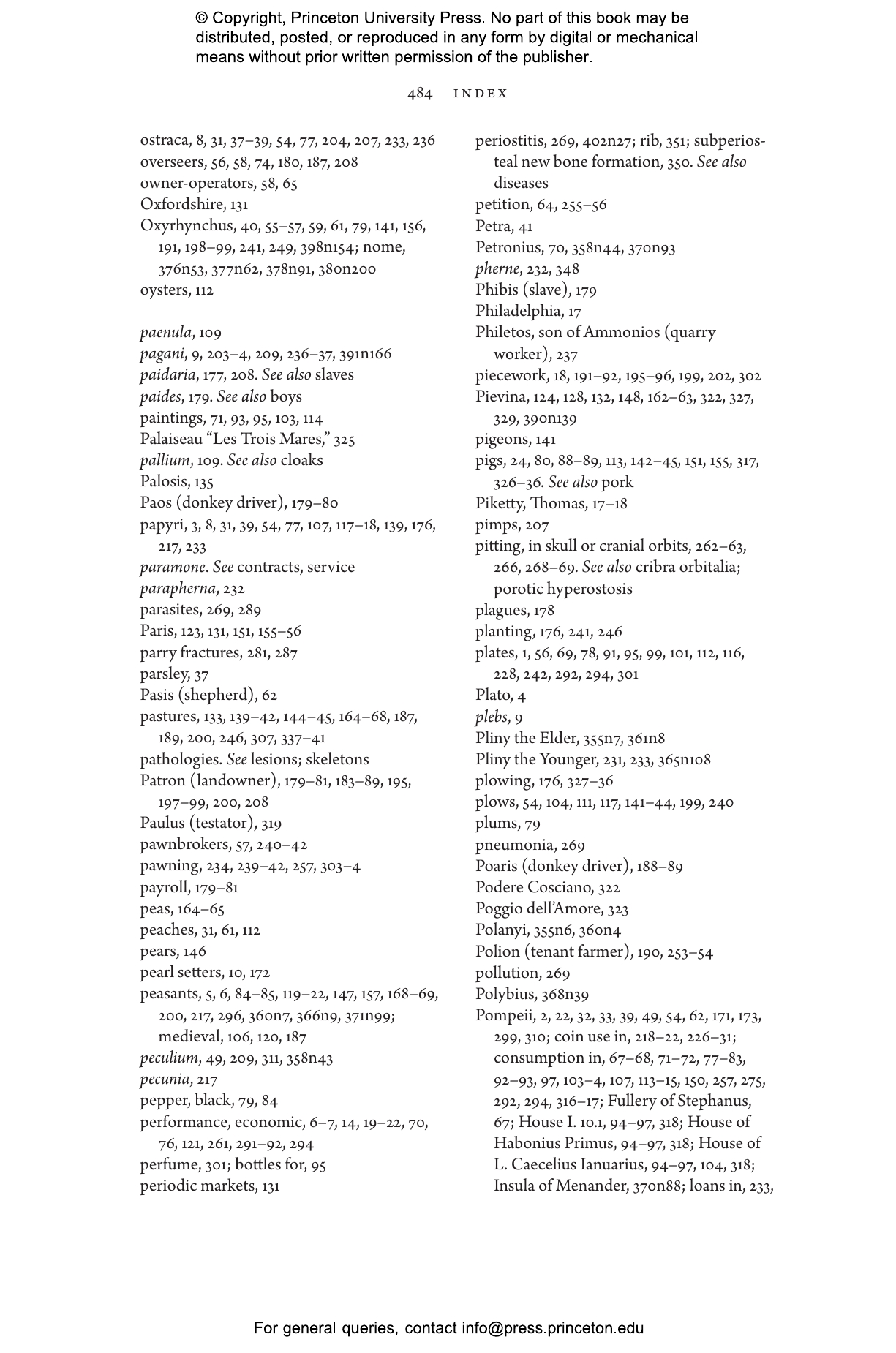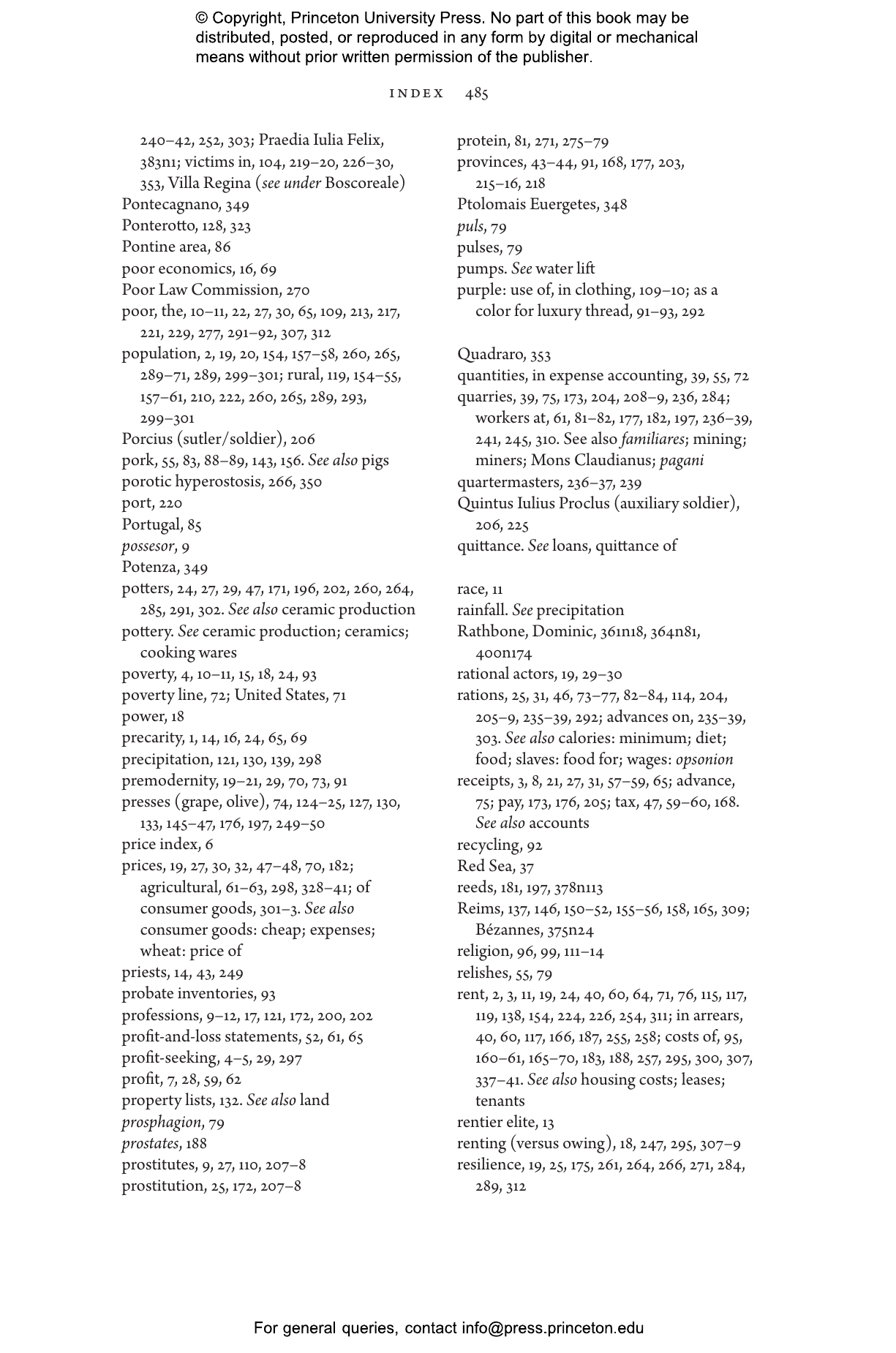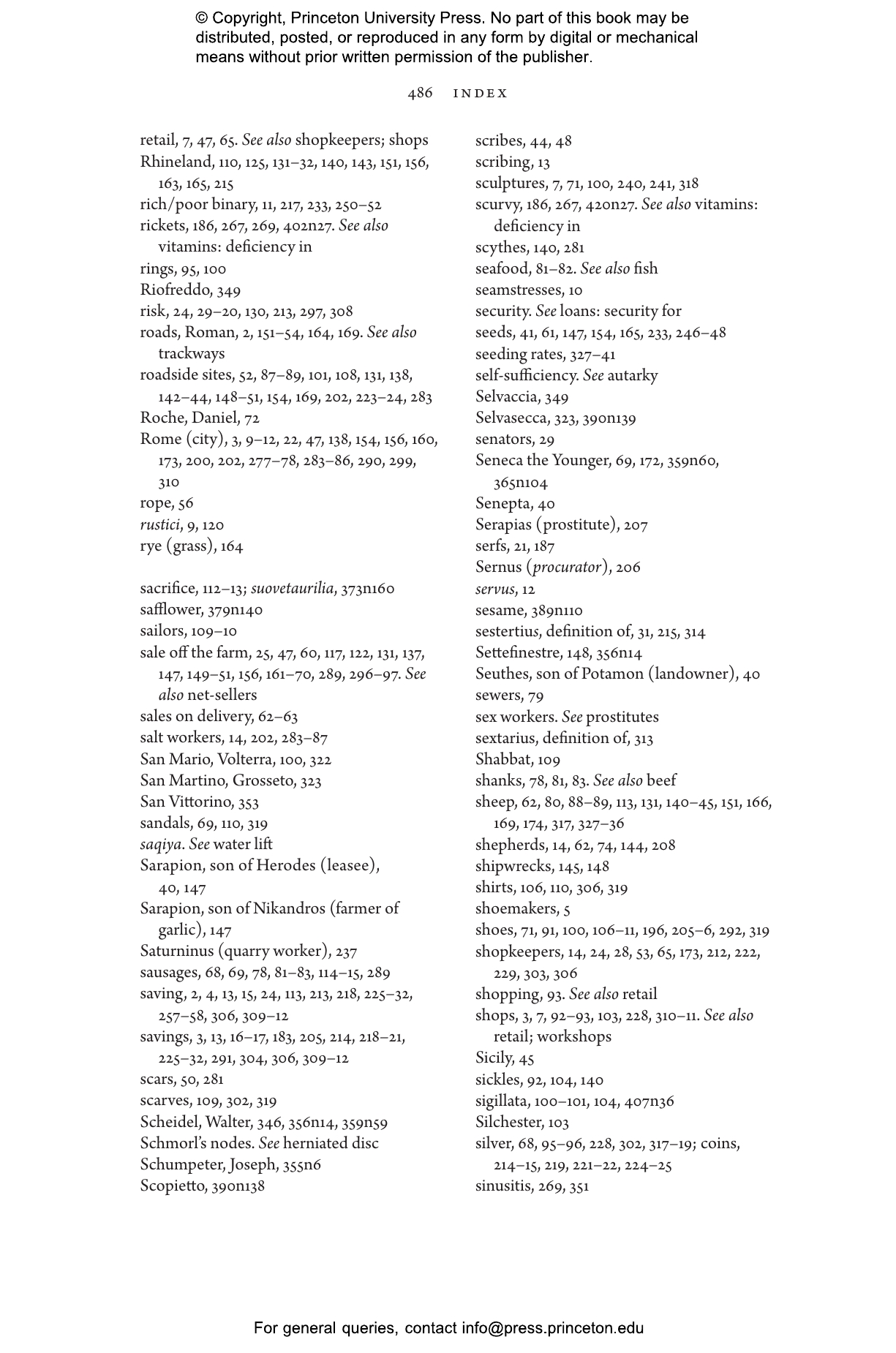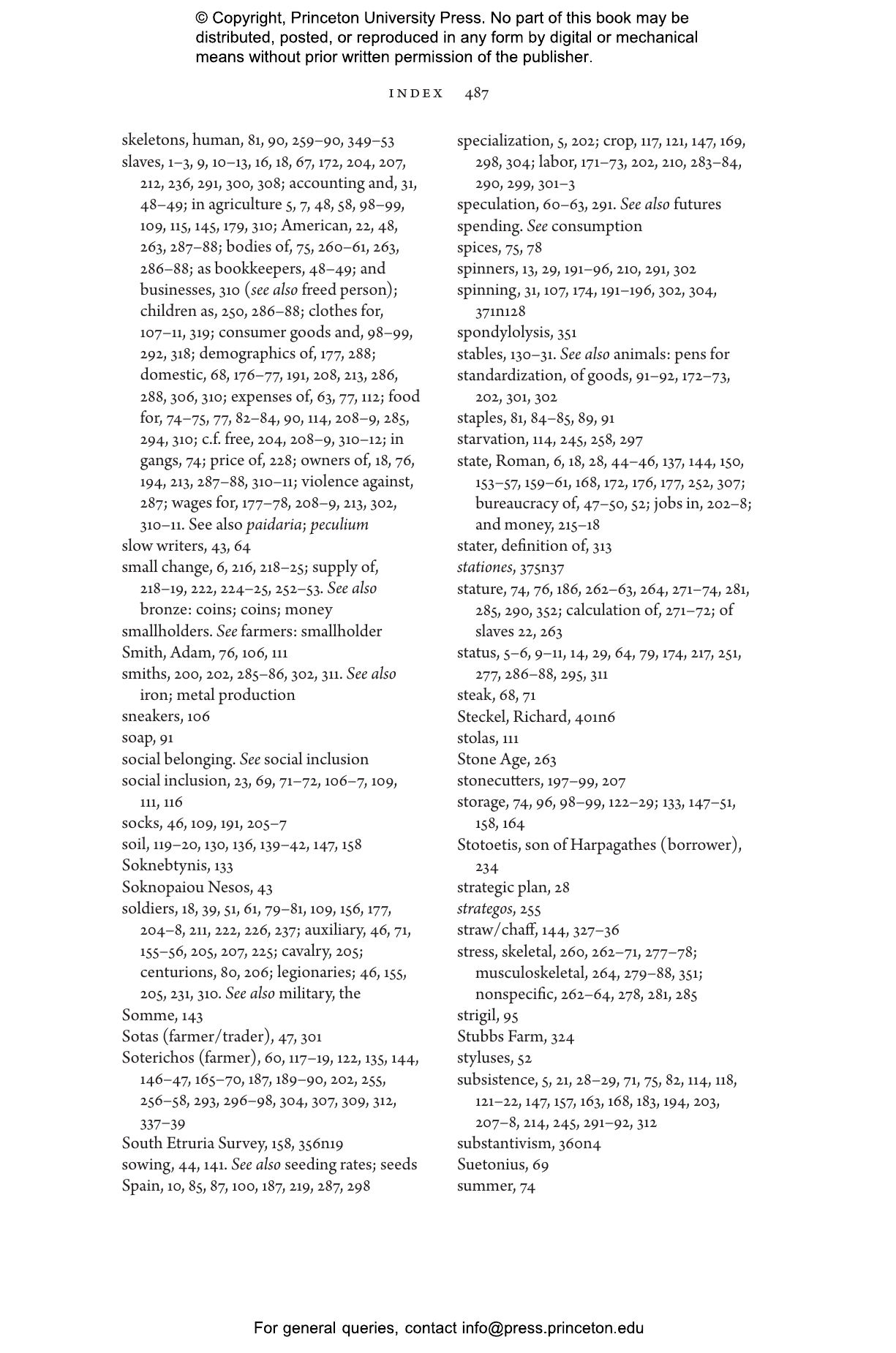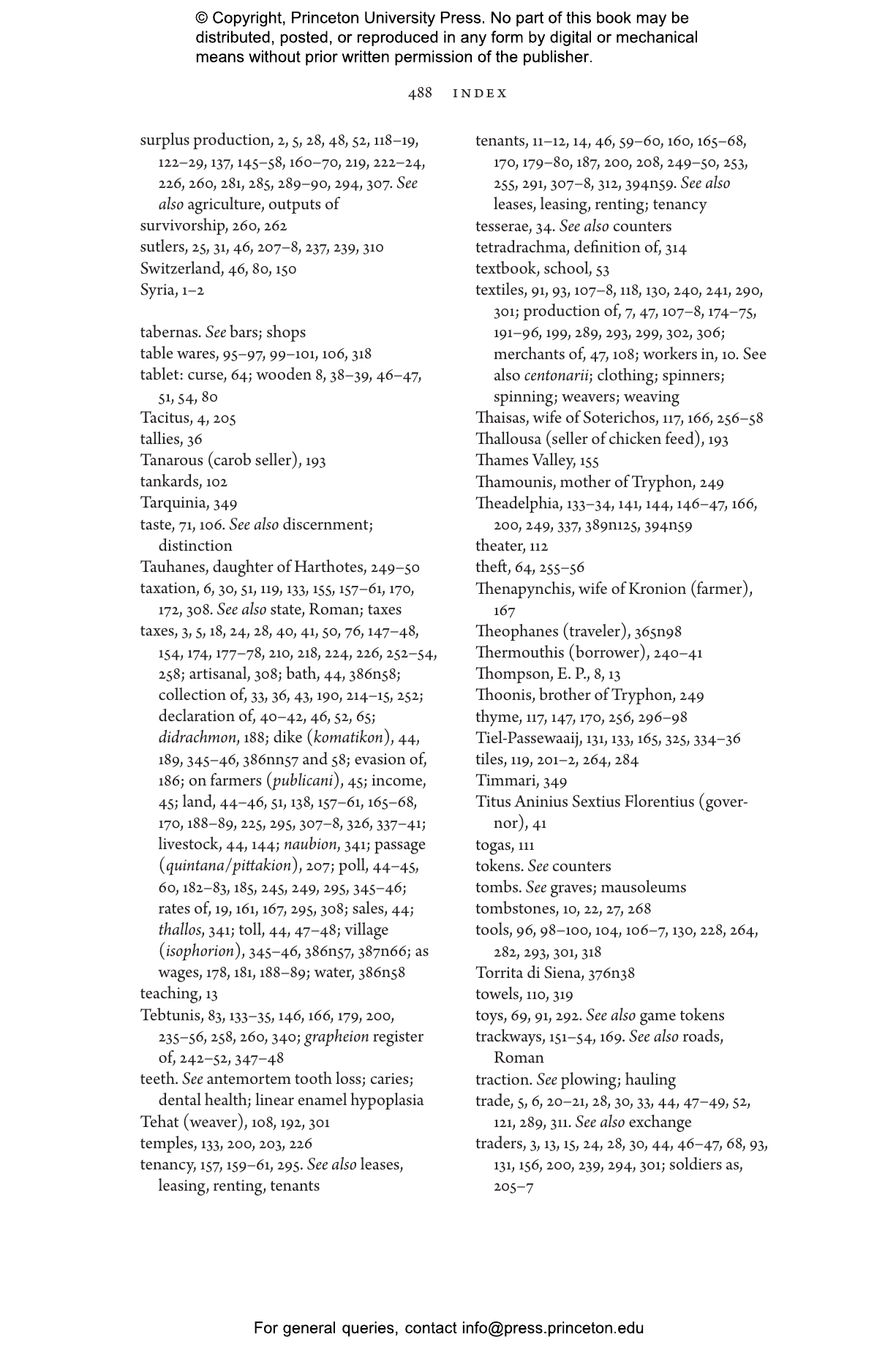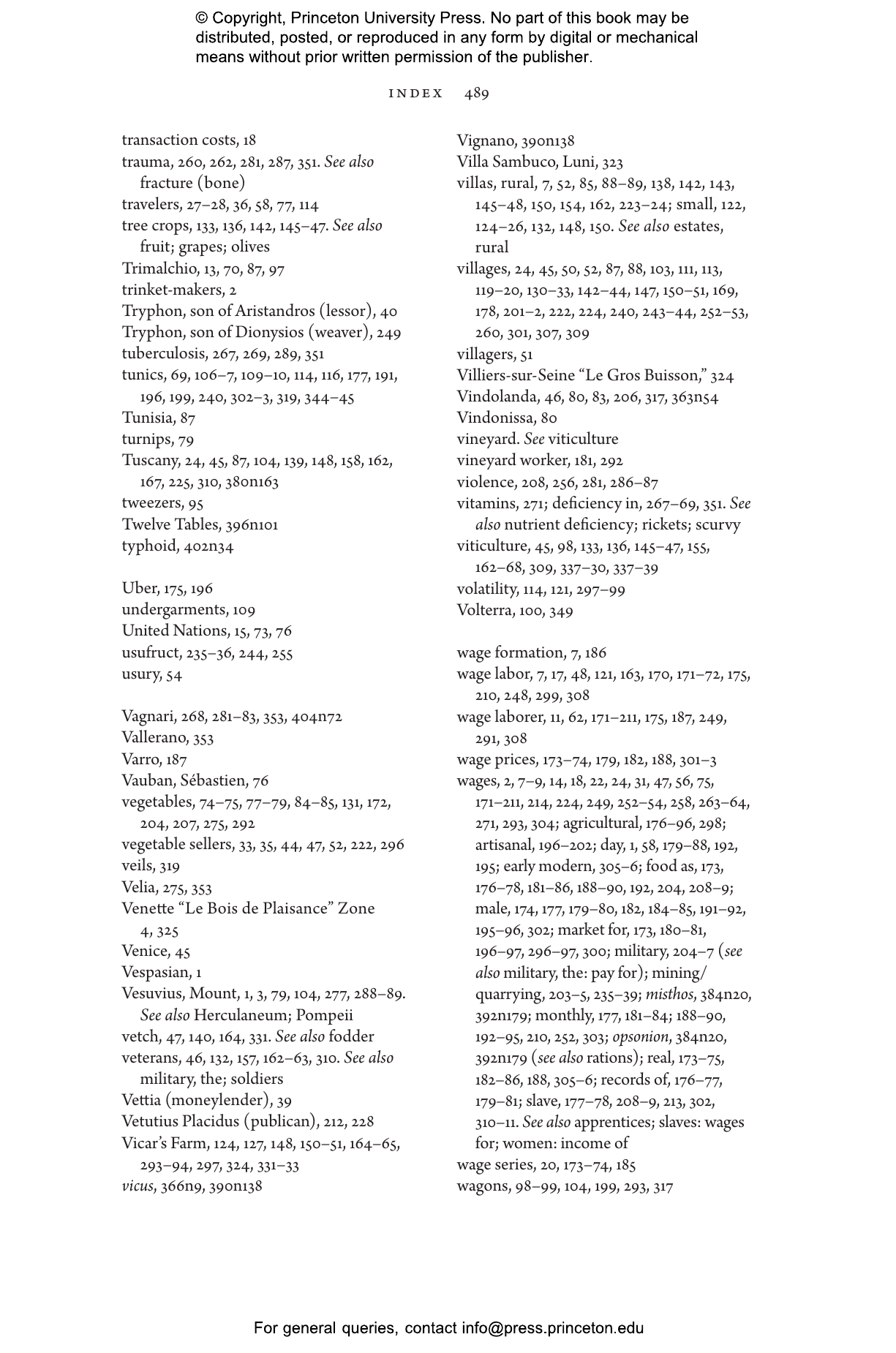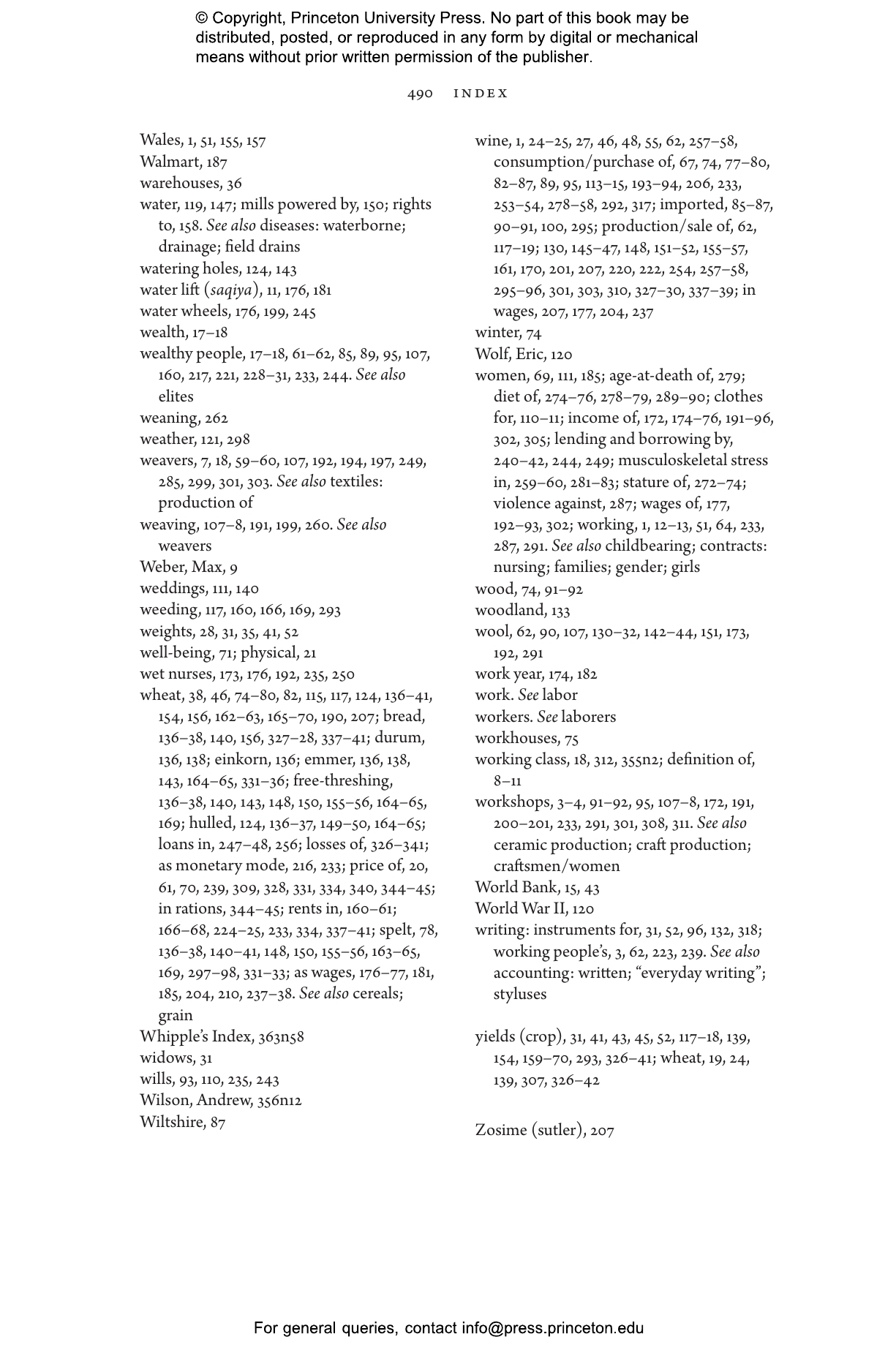The story of ancient Rome is predominantly one of great men with great fortunes. Surviving Rome unearths another history, one of ordinary Romans, who worked with their hands and survived through a combination of grit and grinding labor.
Focusing on the working majority, Kim Bowes tells the stories of people like the tenant farmer Epimachus, Faustilla the moneylender, and the pimp Philokles. She reveals how the economic changes of the period created a set of bitter challenges and opportunistic hustles for everyone from farmers and craftspeople to day laborers and slaves. She finds working people producing a consumer revolution, making and buying all manner of goods from fine pottery to children’s toys. Many of the poorest working people probably pieced together a living from multiple sources of income, including wages. And she suggests that Romans’ most daunting challenge was the struggle to save. Like many modern people, saving enough to buy land or start a business was a slow, precarious slog. Bowes shows how these economies of survival were shared by a wide swath of the populace, blurring the lines between genders, ages, and legal status.
Drawing on new archaeological and textual evidence, Surviving Rome presents a radical new perspective on the economy of ancient Rome while speaking to the challenges of today’s laborers and gig workers surviving in an unforgiving global world.
Kim Bowes is professor of archaeology and ancient history at the University of Pennsylvania. She is the author of Houses and Society in the Later Roman Empire and Private Worship, Public Values, and Religious Change in Late Antiquity.
34245
“Based on a mountain of recent discoveries in archaeology, ecological studies, and papyrology, this book is a clarion call to take an entirely fresh look at Roman society as a whole. With crackling verve and deep humanity, Bowes enables us to glimpse, beyond the shimmering glare of upper-class life, the lives of the millions of less privileged men, women, and children as they struggled and hustled, with gritty tenacity, to get by in a hard world that is both familiar to us and yet, in so many ways, so very strange.”—Peter Brown, author of Through the Eye of a Needle: Wealth, the Fall of Rome, and the Making of Christianity in the West, 350-550 AD
“Surviving Rome explores the stress and strains, precarities and strategies of the people—the ordinary men, women, and children, enslaved and free—who shaped the world’s first ‘global’ economy. This is a brilliantly insightful microeconomic history that brings working people and their practices back into the Roman economy. Everyone interested in premodern economies should read this deeply perceptive and engagingly written book.”—Claire Taylor, author of Poverty, Wealth, and Well-Being: Experiencing Penia in Democratic Athens
“Finally, someone has written an economic history of Rome for the twenty-first century! In Surviving Rome, Kim Bowes does no less than challenge the whole field of ancient economic history, presenting us with a summons to think more empathetically about how ordinary Romans hustled, borrowed, and scraped to get by. She answers her own call with a radically new but highly current account of the Roman economy. This is a firecracker of a book, deeply researched and marvelously written, and I could not recommend it more.”—Seth Bernard, author of Building Mid-Republican Rome: Labor, Architecture, and the Urban Economy
“Drawing on a wide range of sources from across disciplines, deep reading, and disciplined imagination, Kim Bowes explains how ordinary Romans profited from the opportunities their world presented while contending with the many vicissitudes of life in those times. This breathtaking book contributes greatly to Roman economic history and to our understanding of ordinary people in the past.”—Timothy W. Guinnane, author of The Vanishing Irish: Households, Migration, and the Rural Economy in Ireland, 1850–1914


